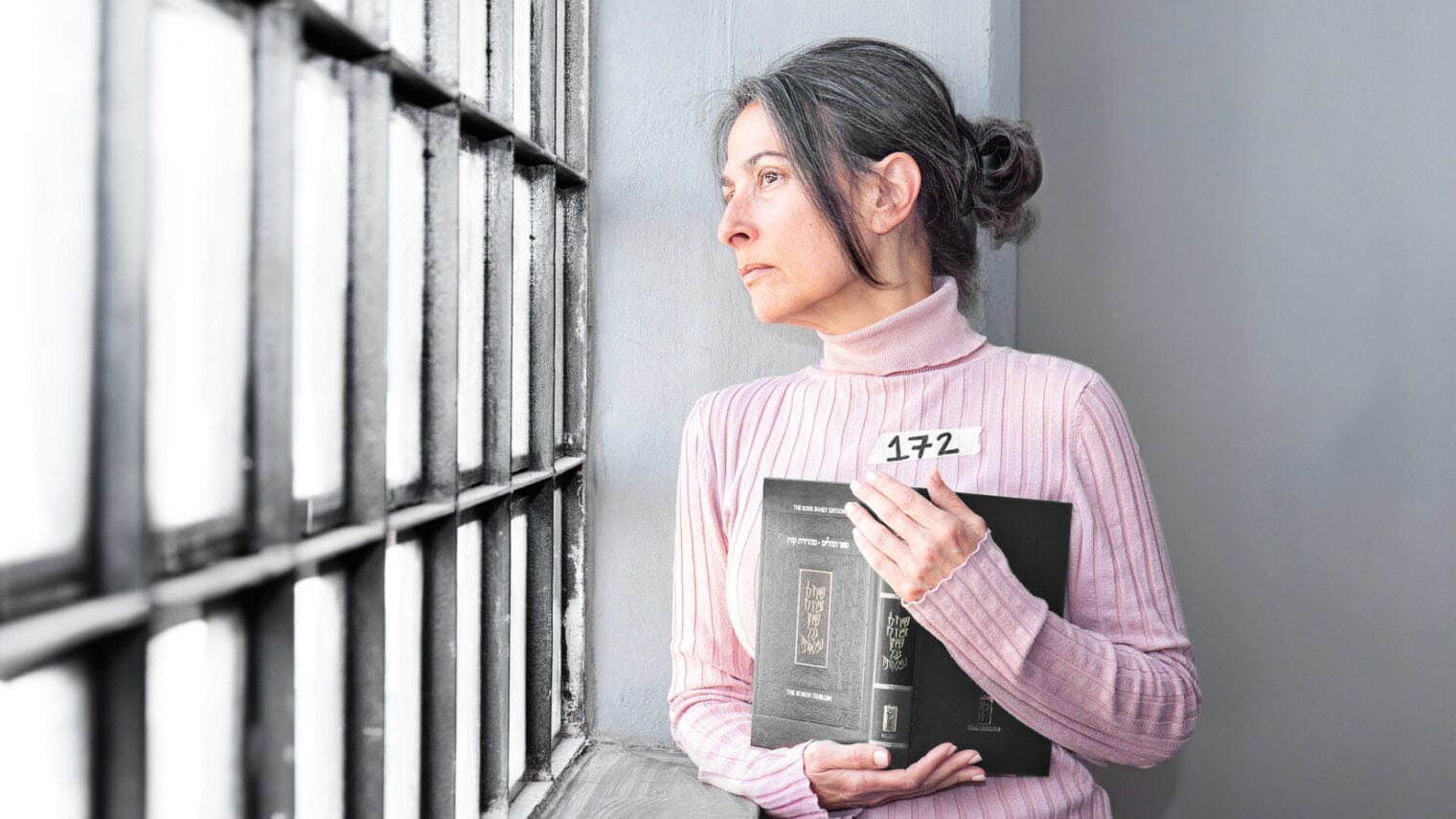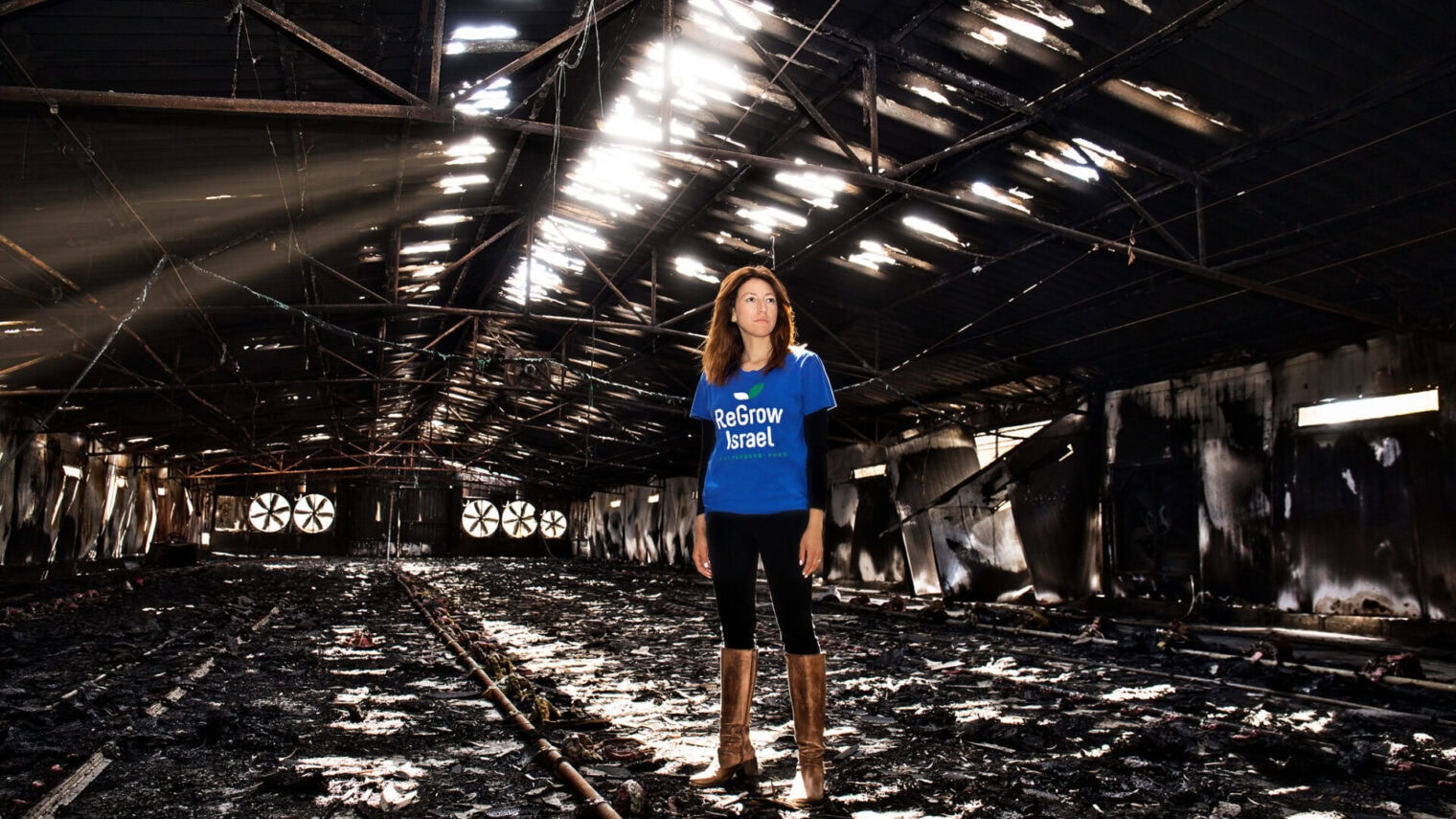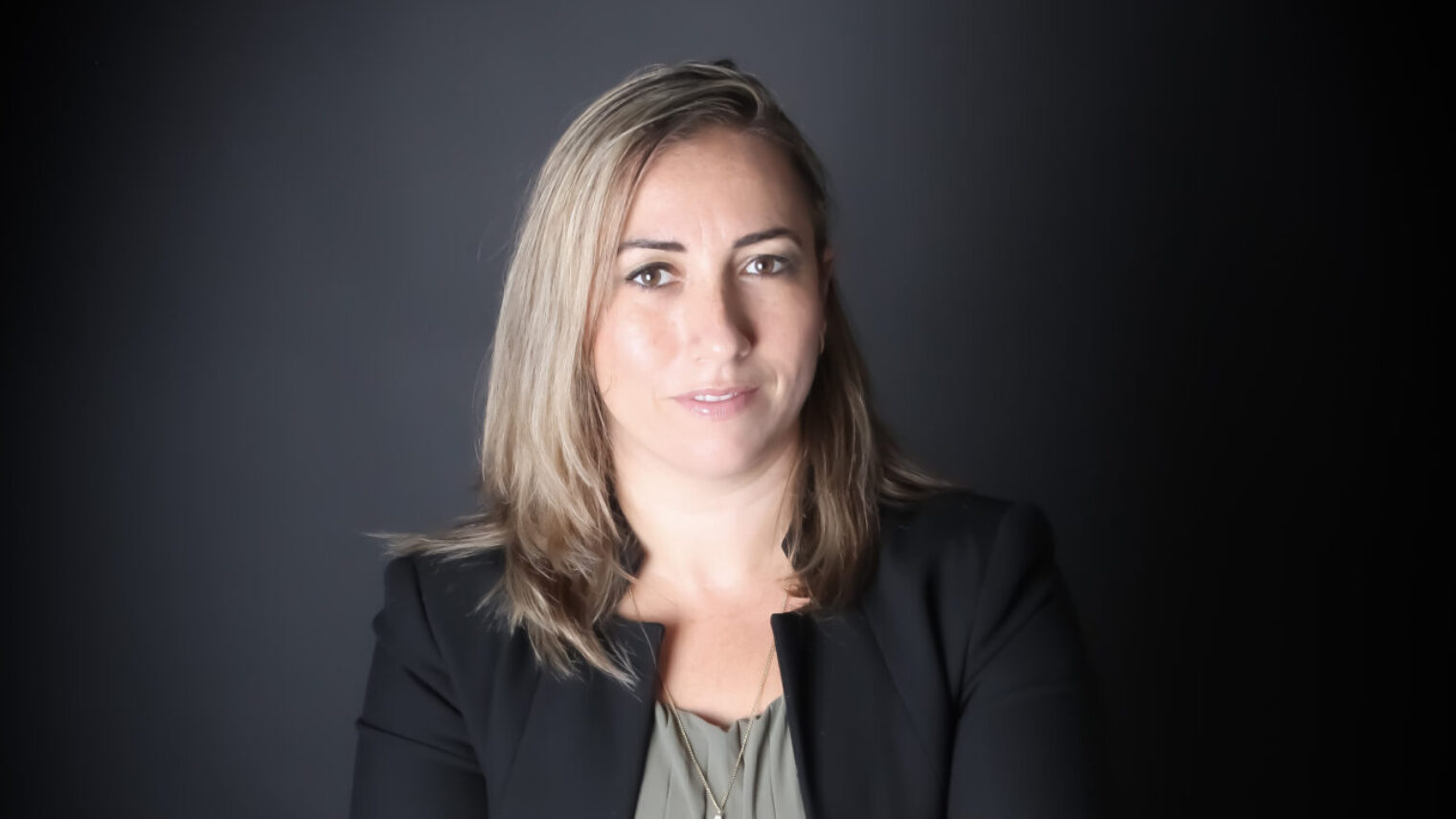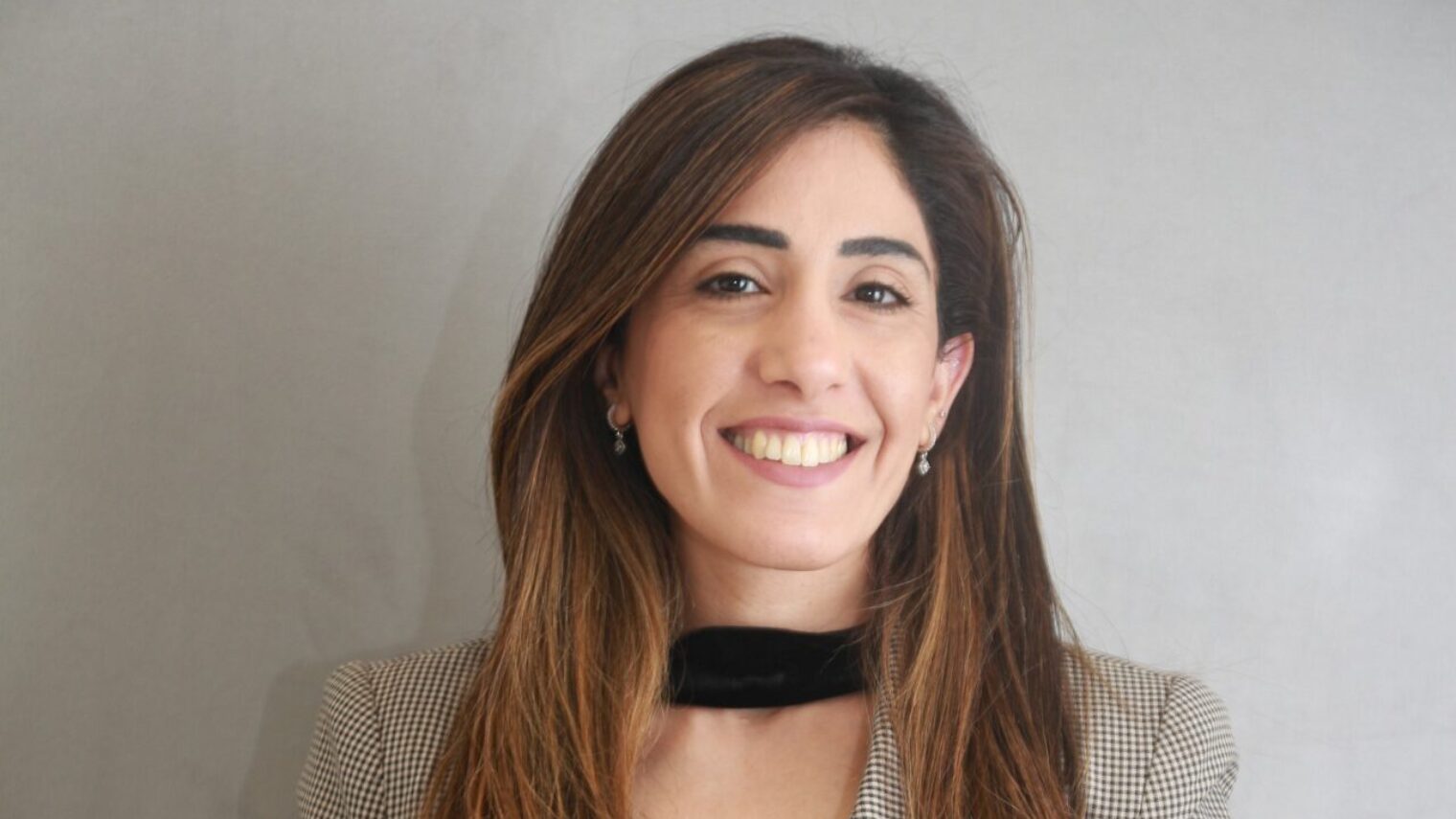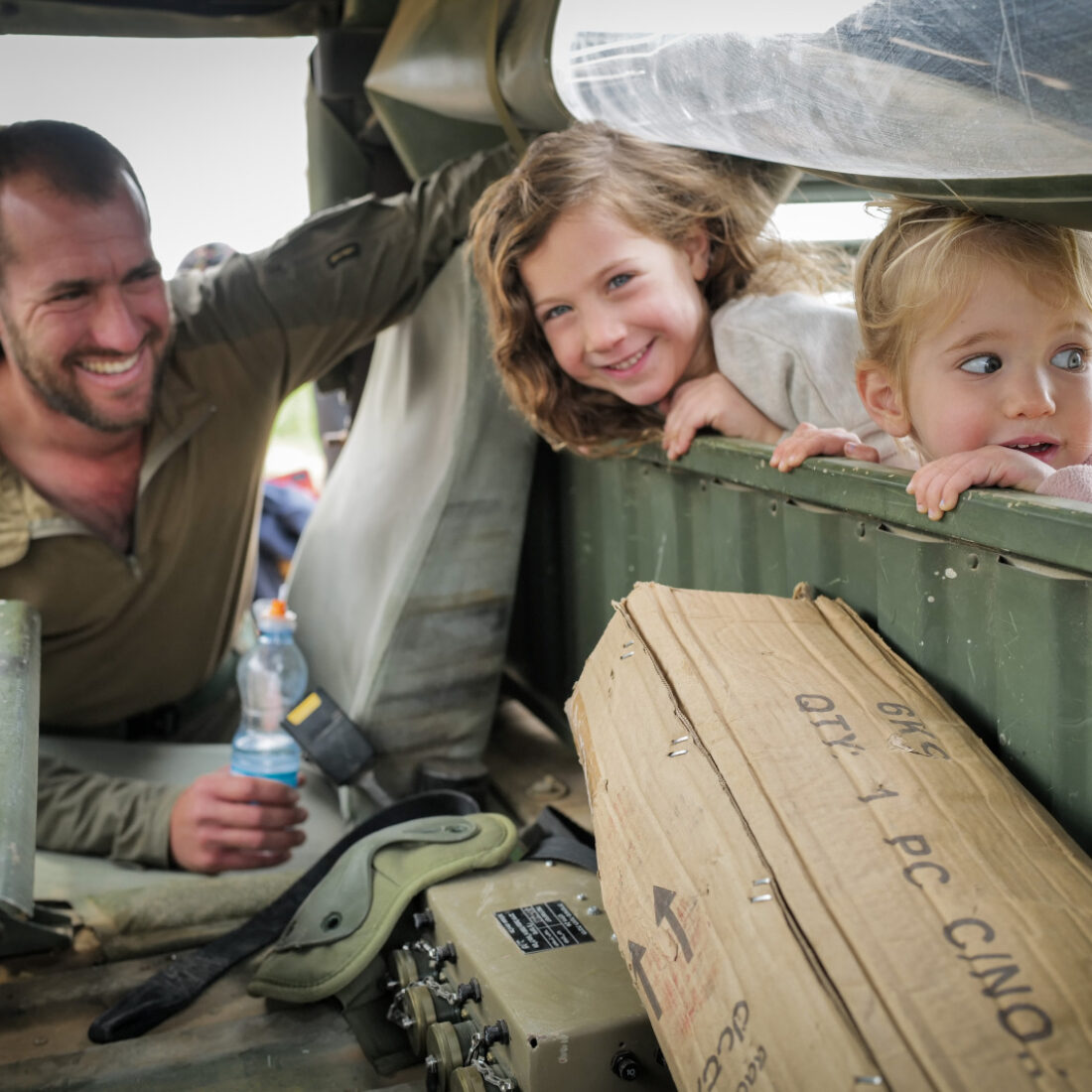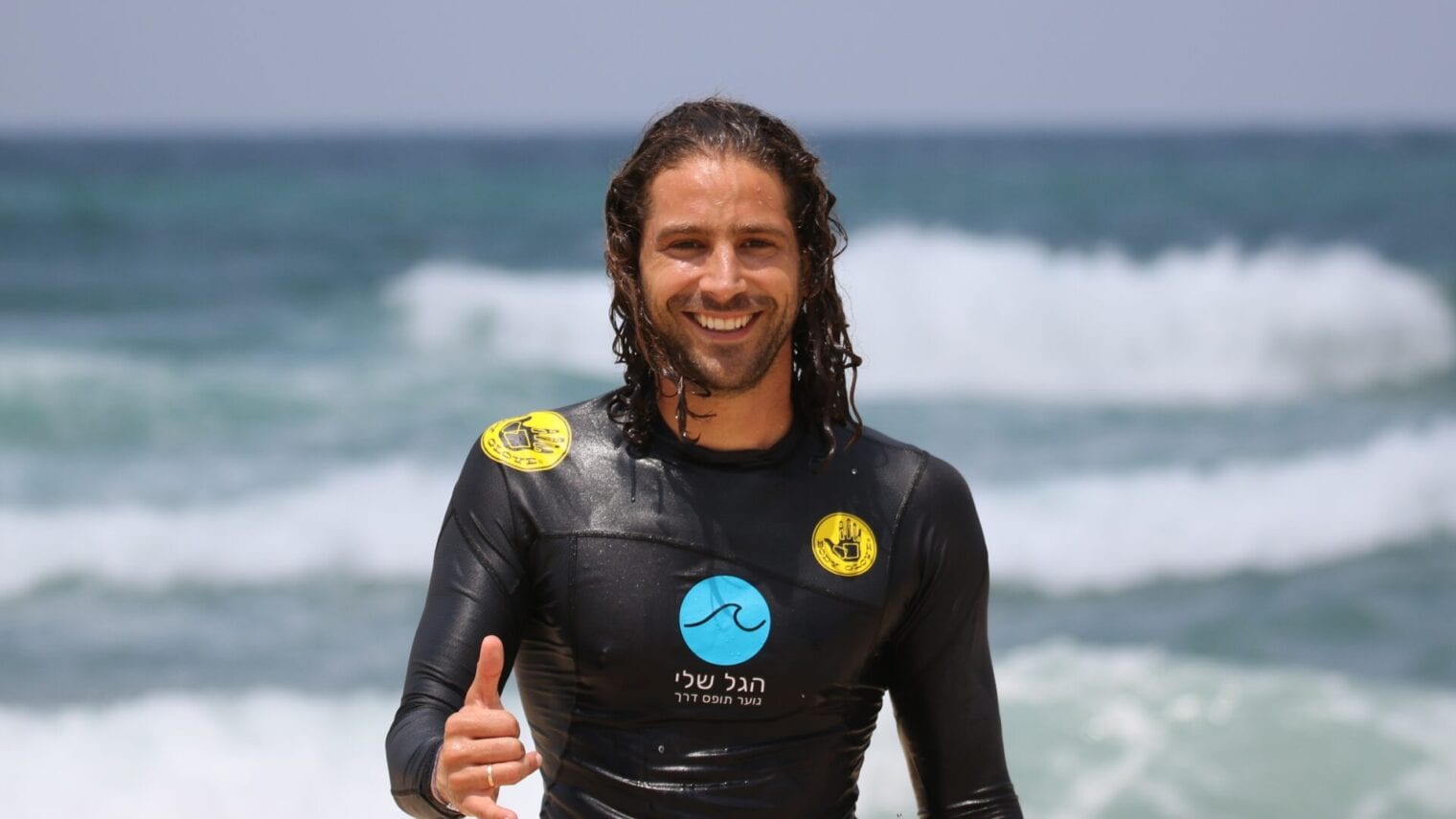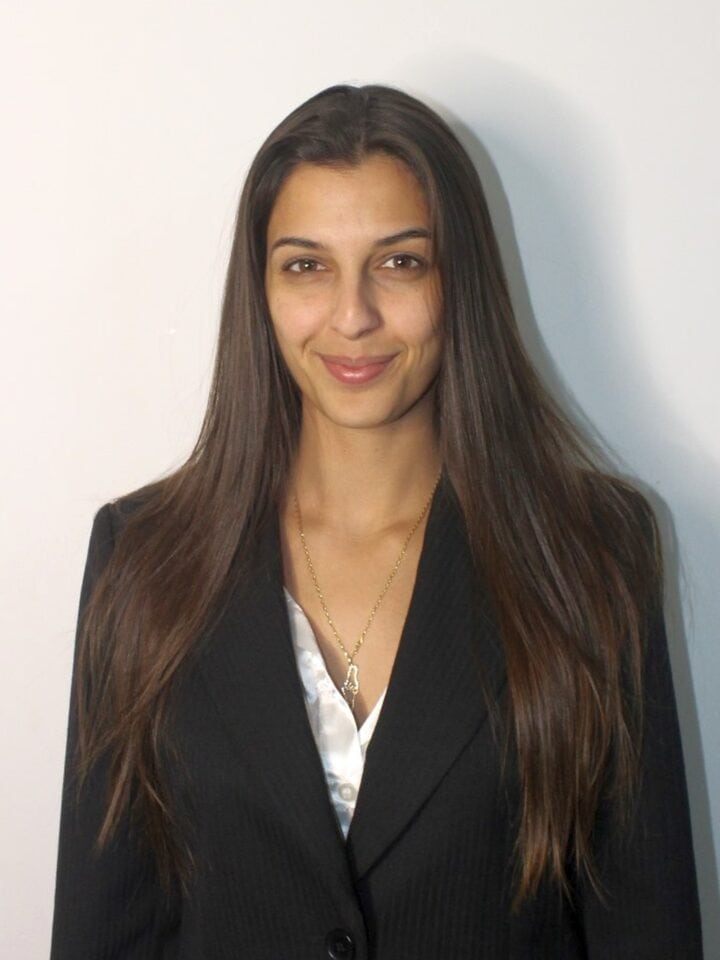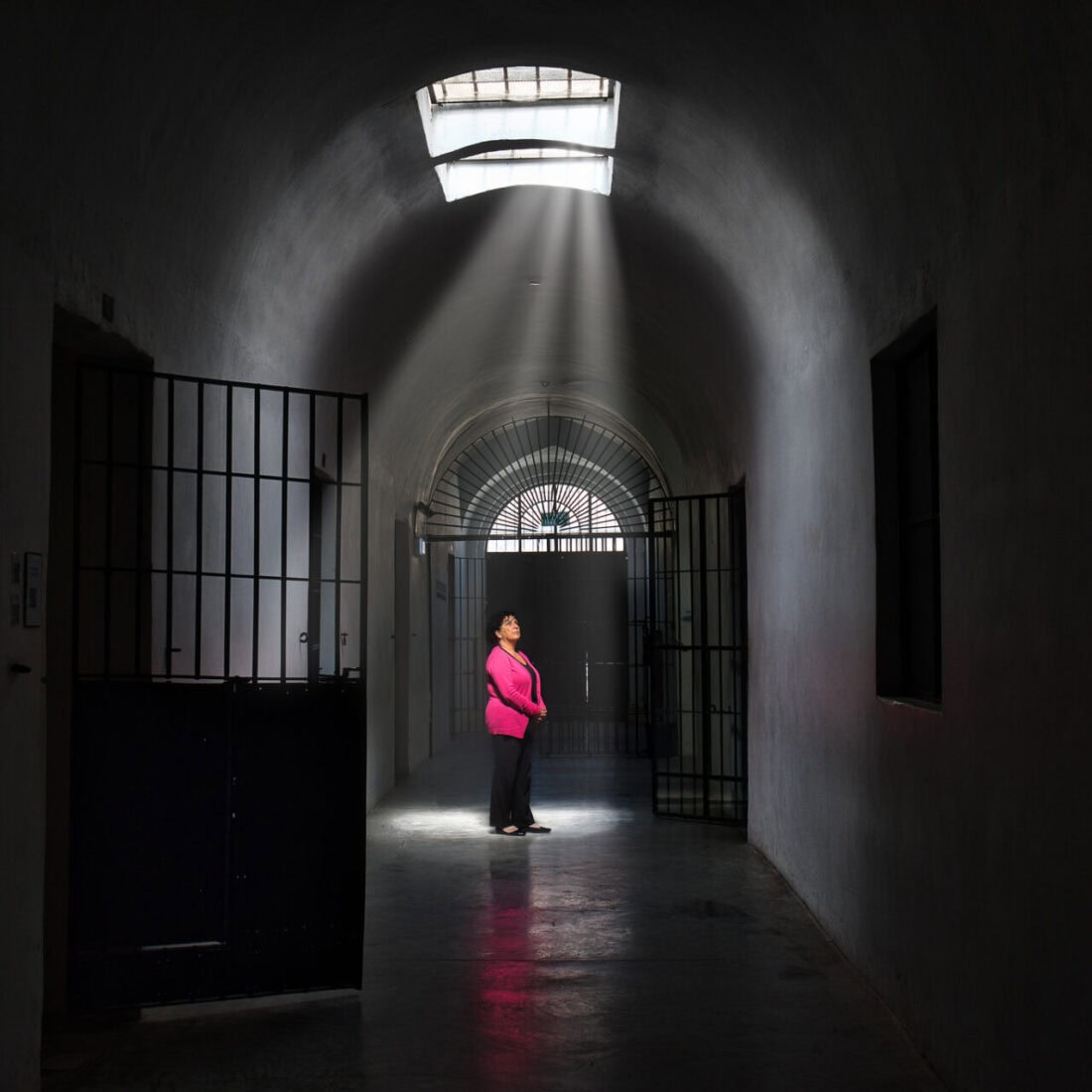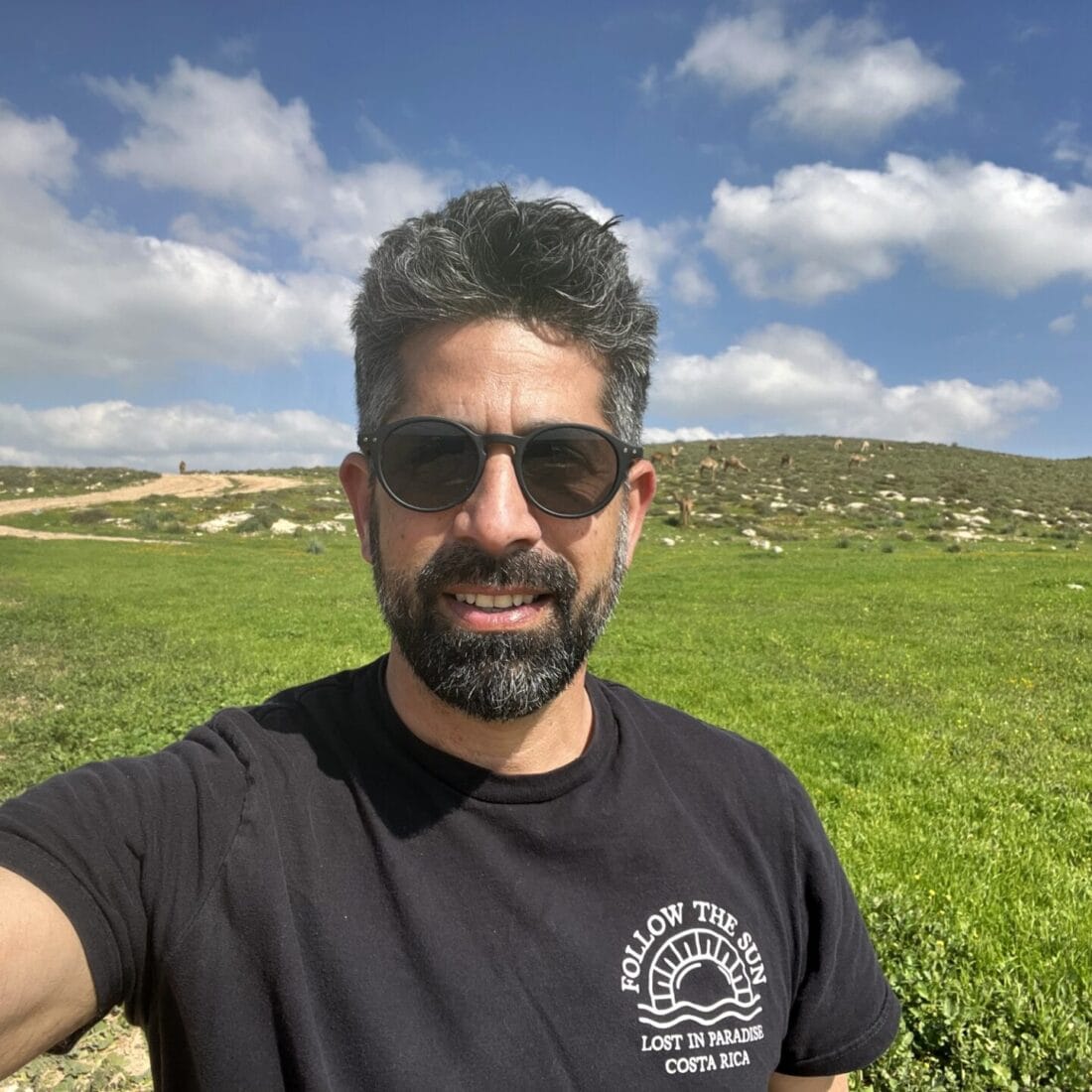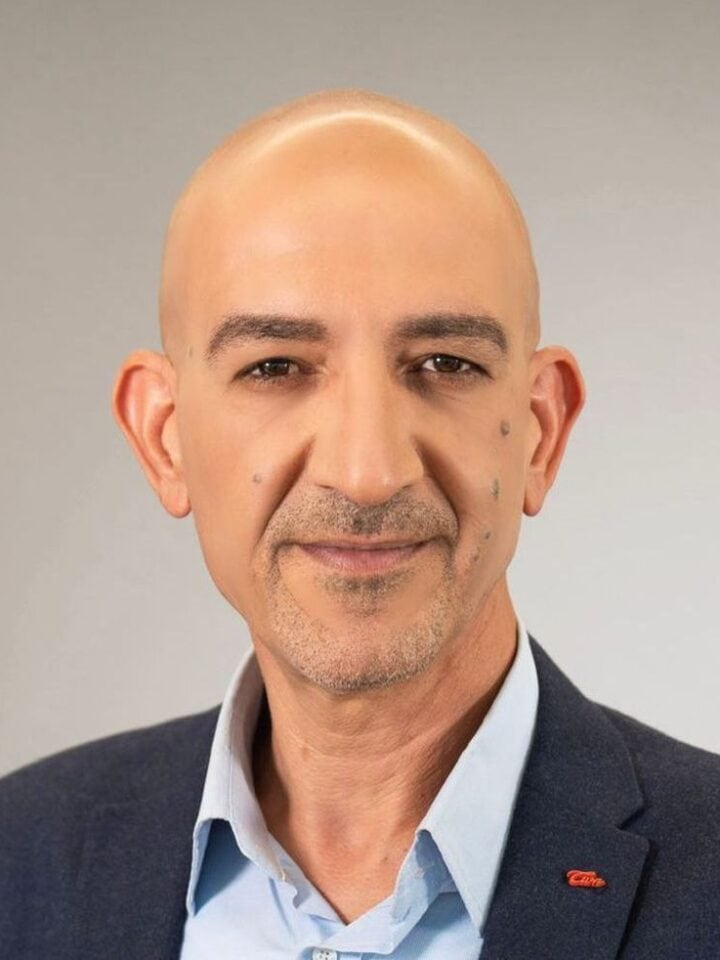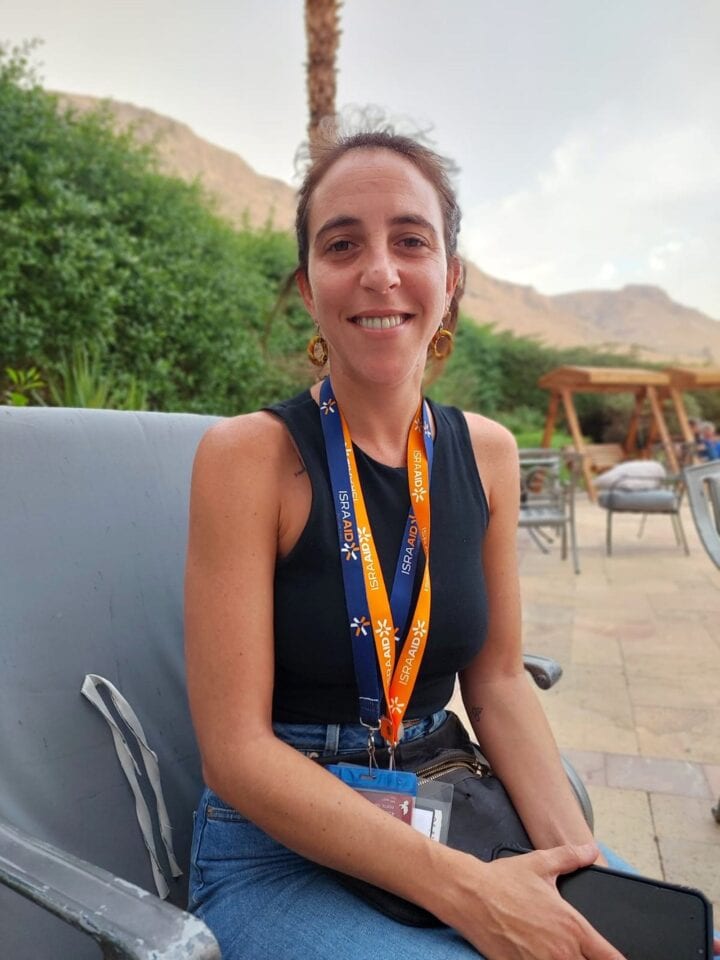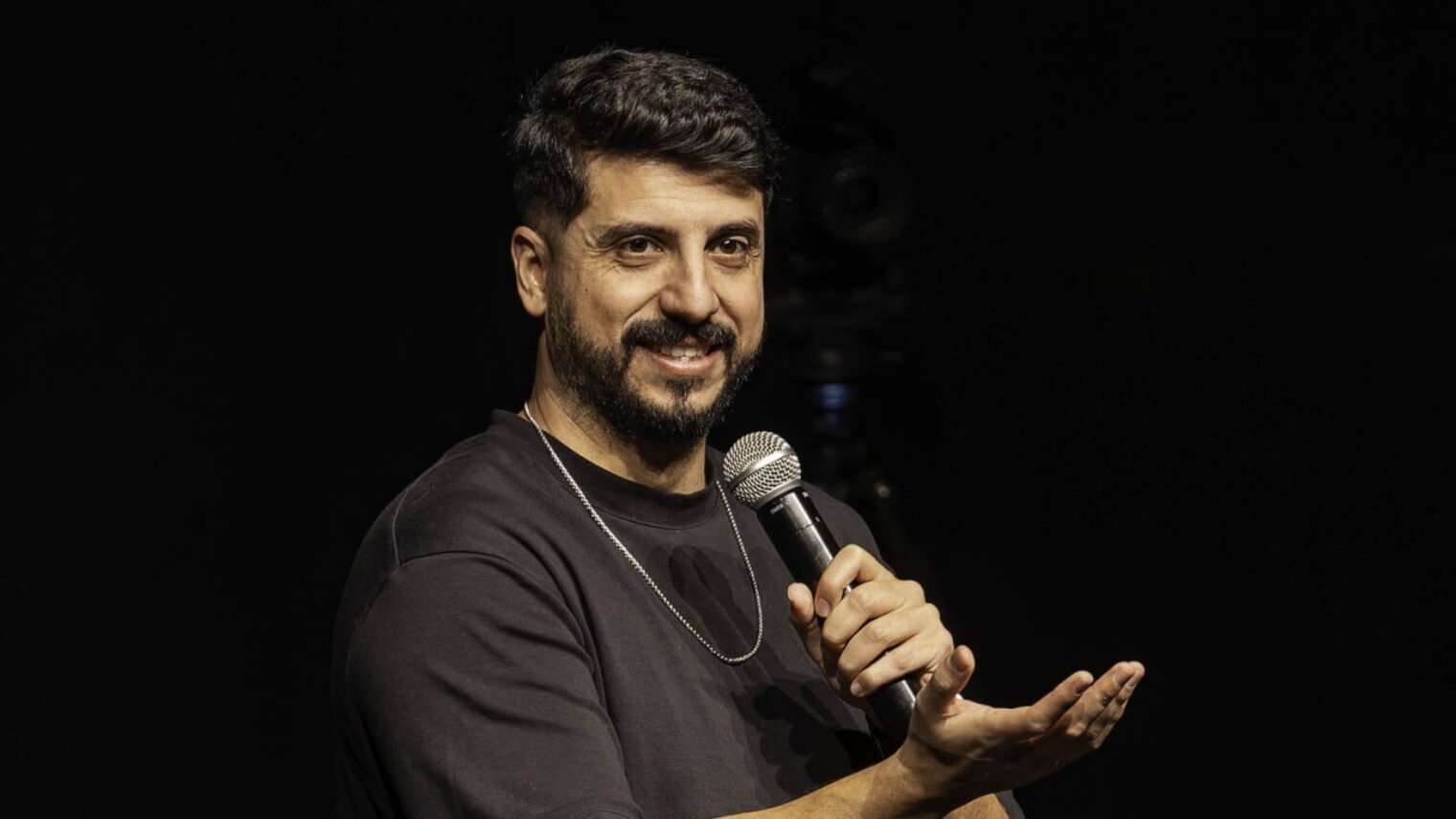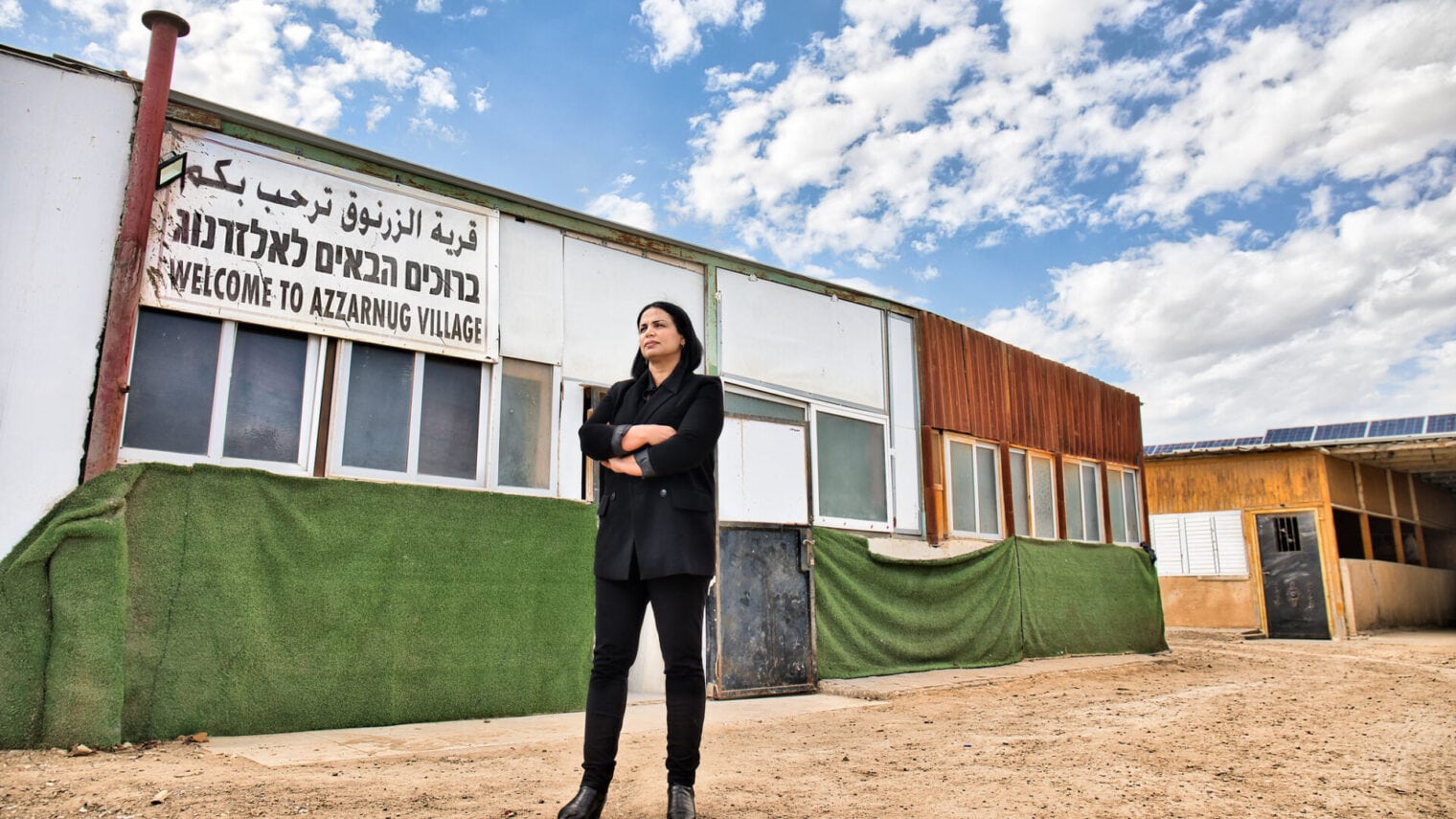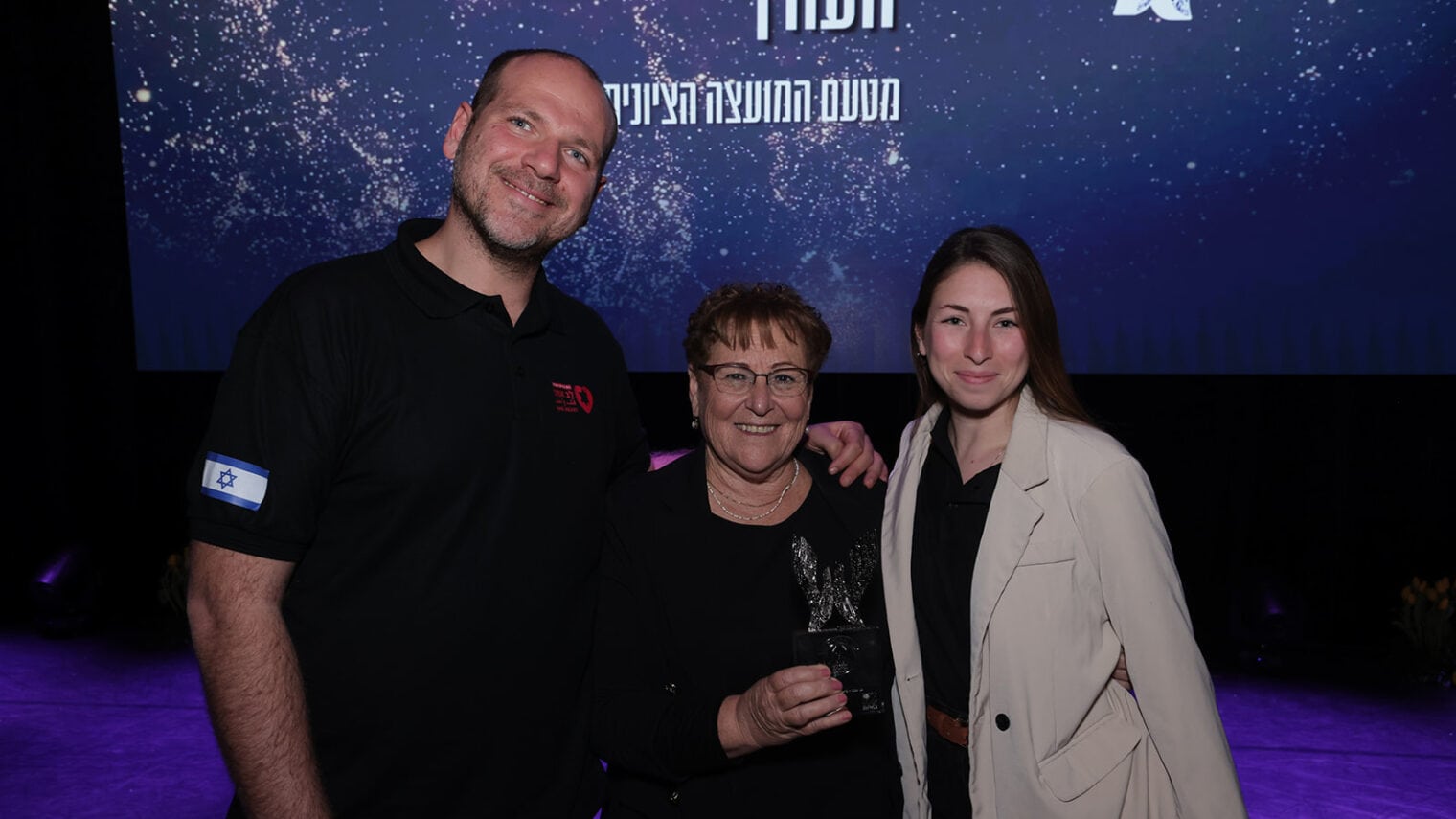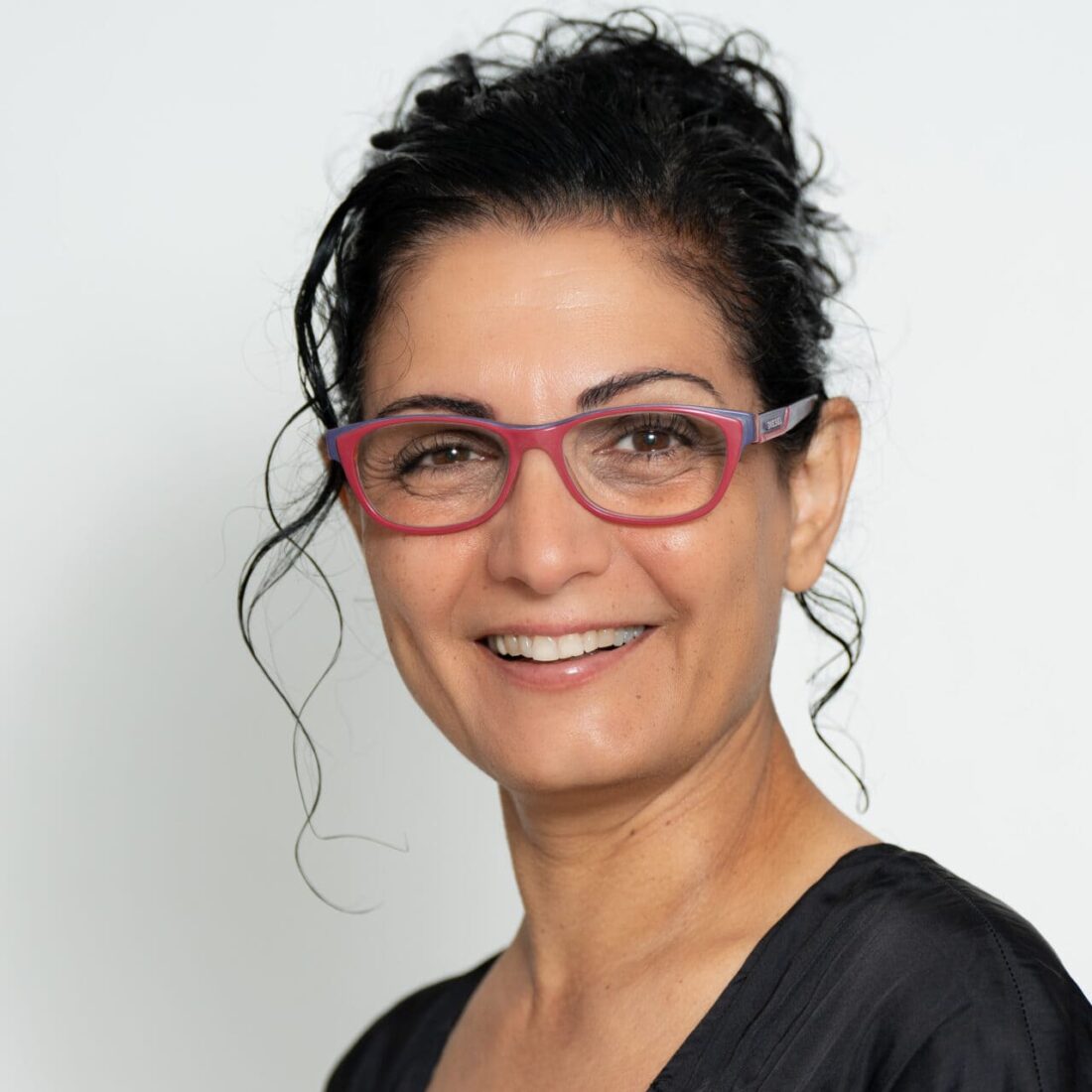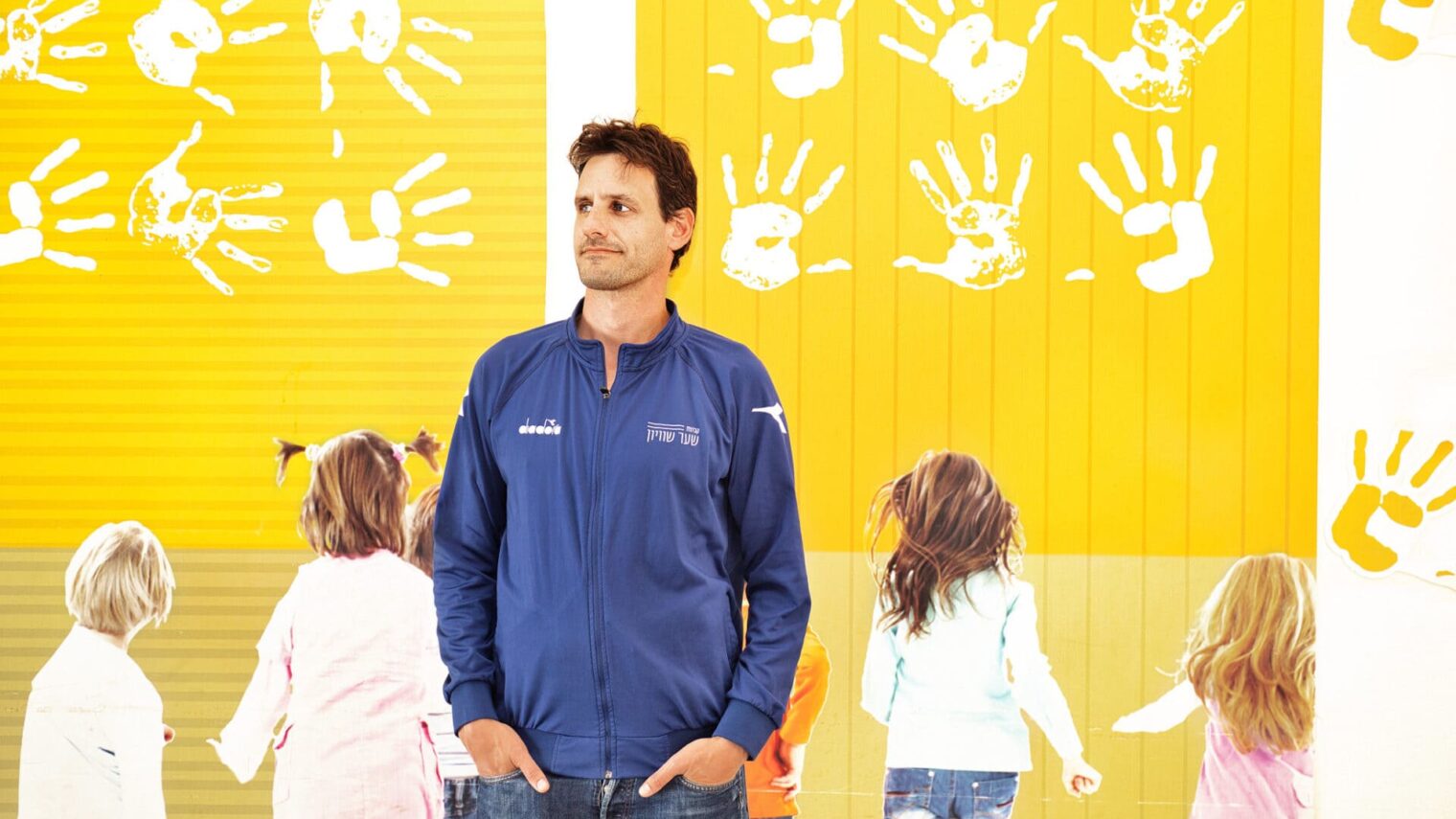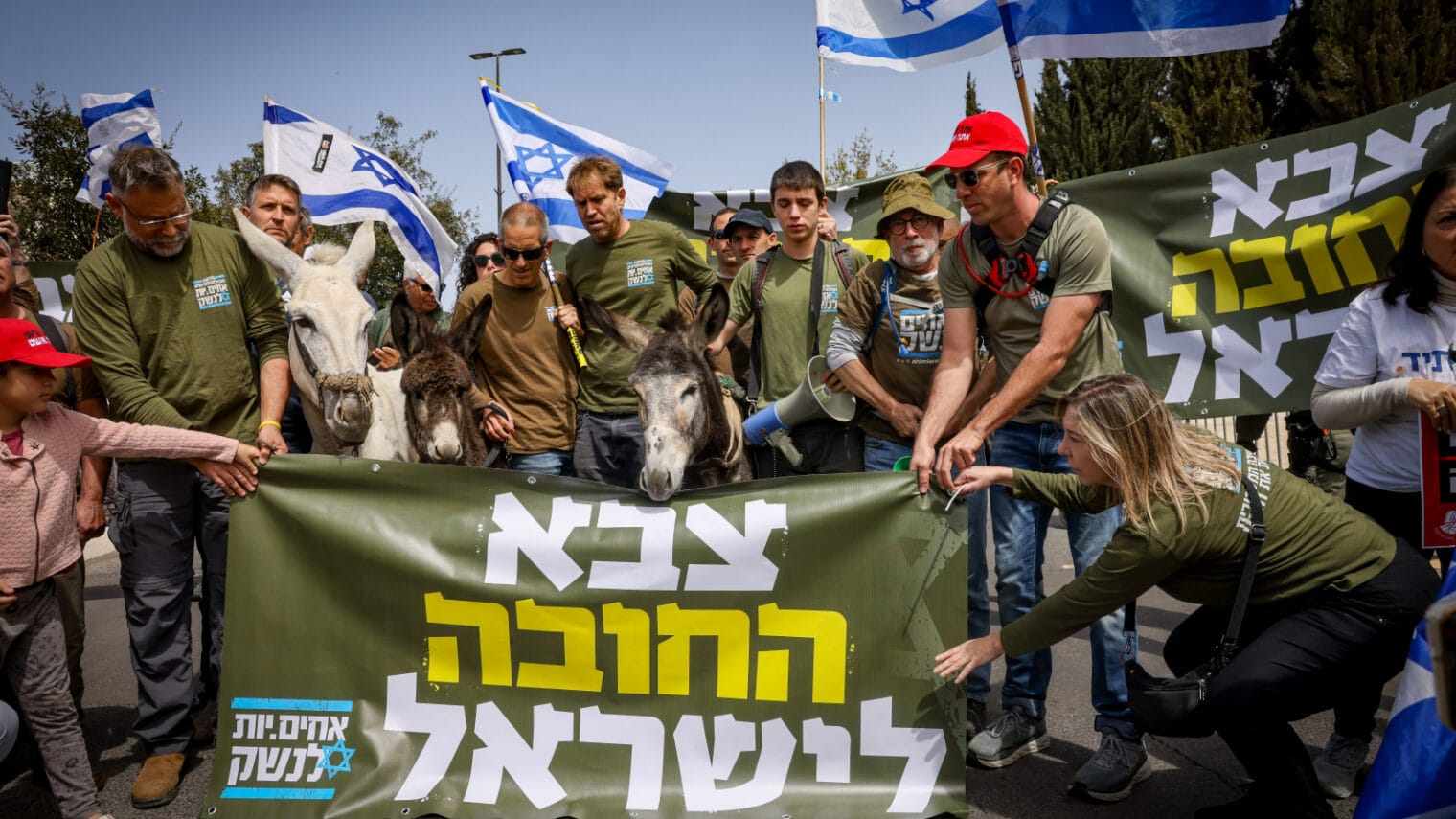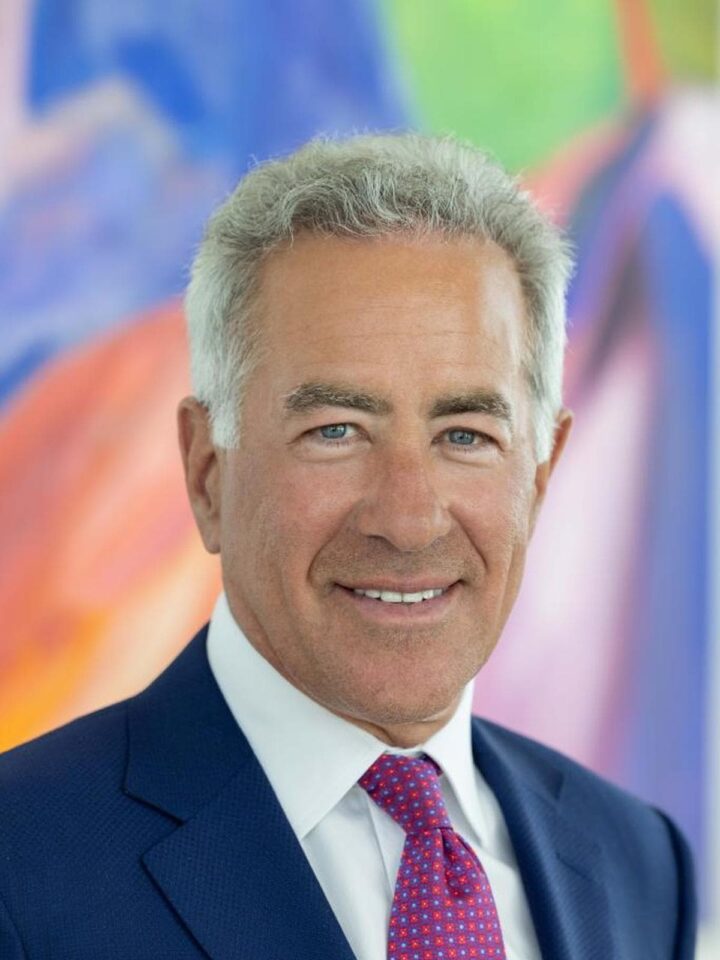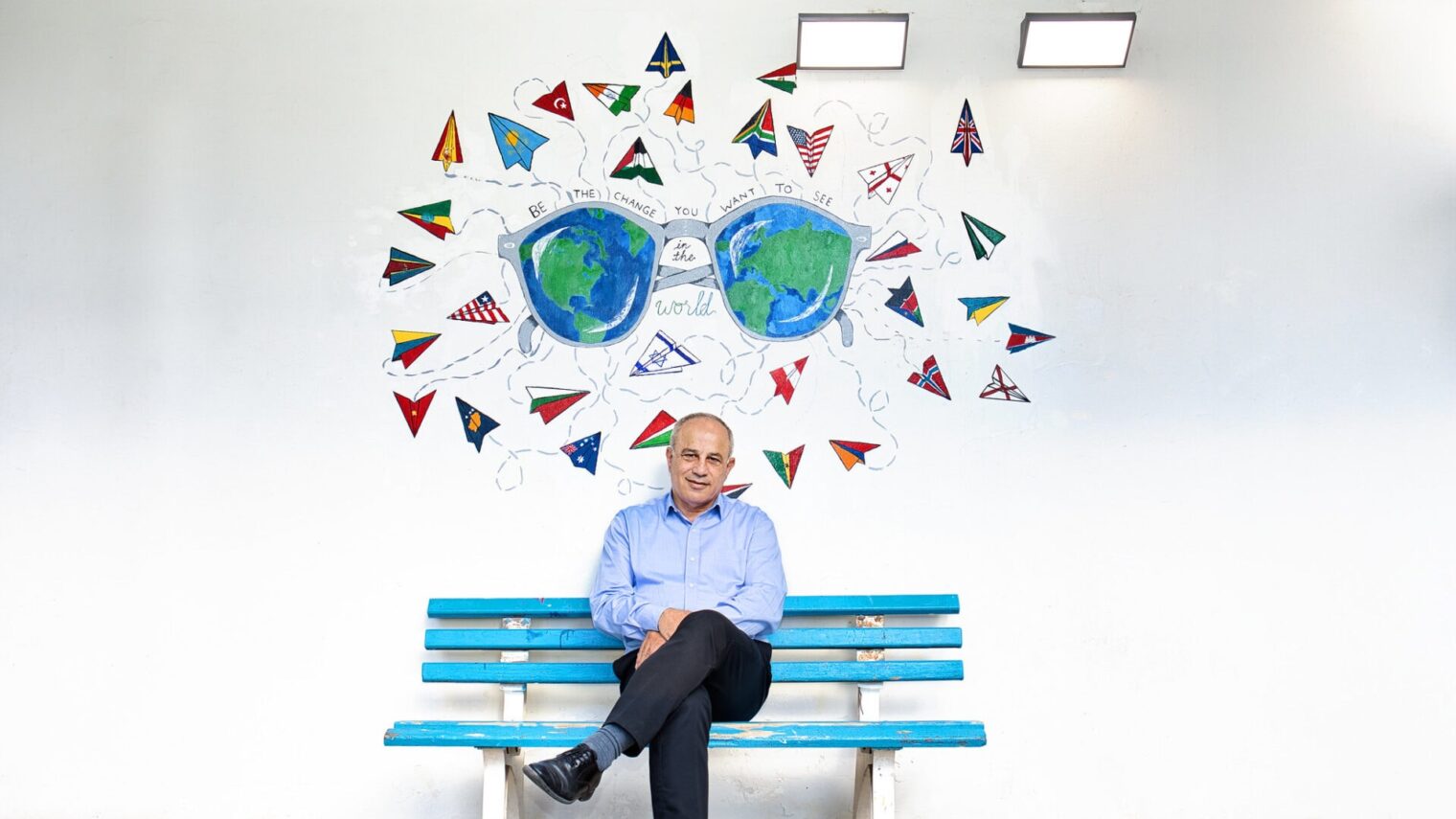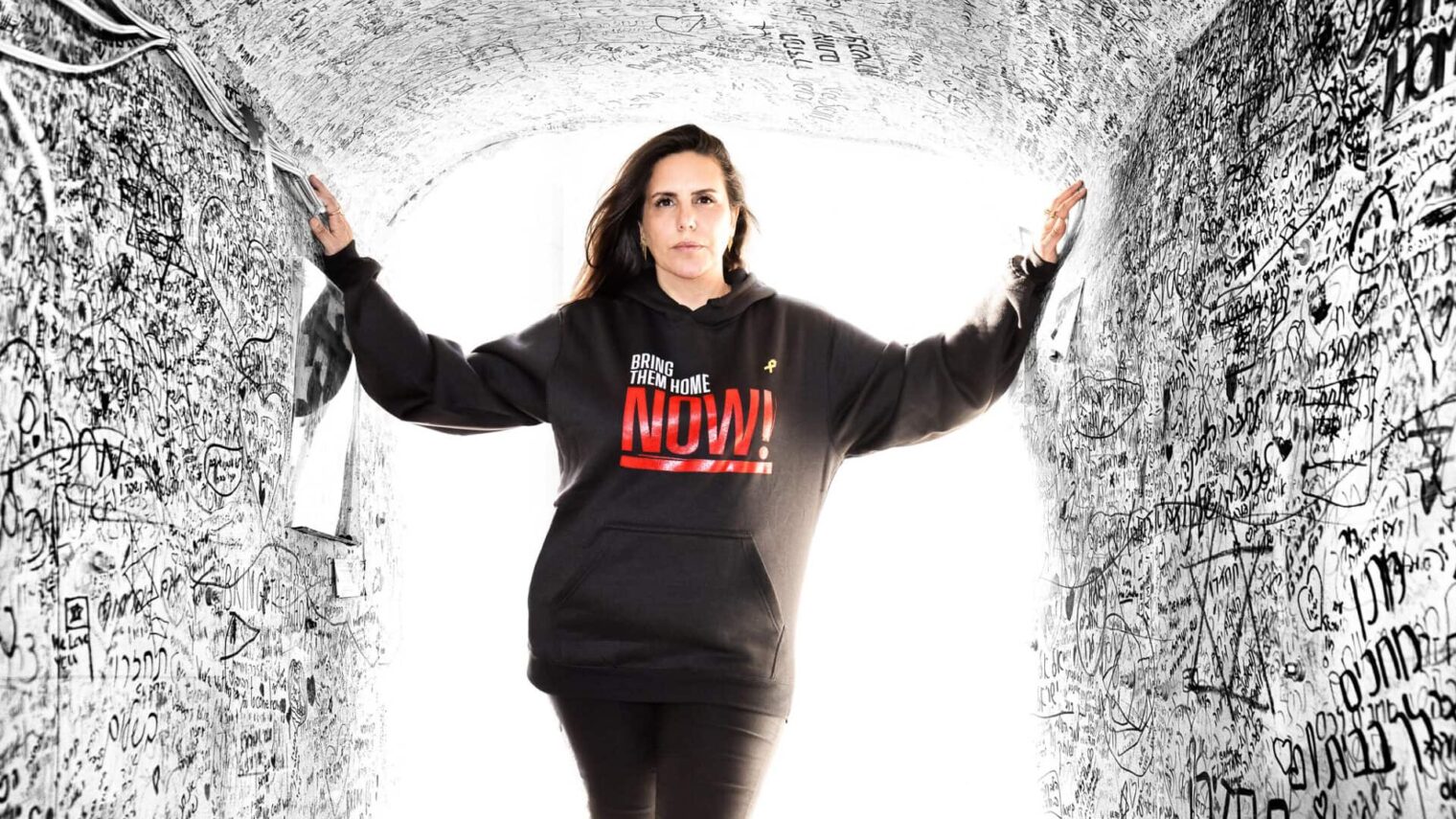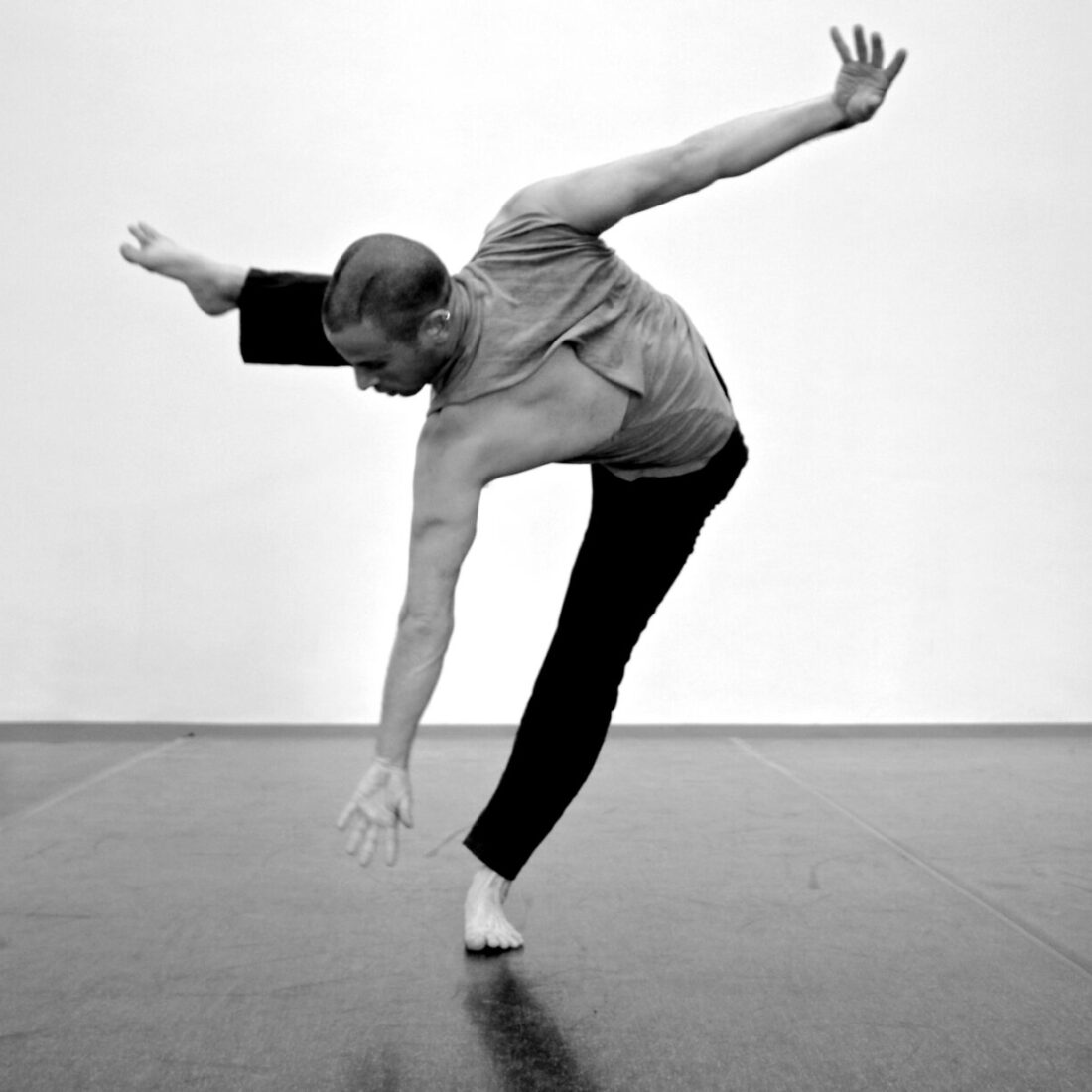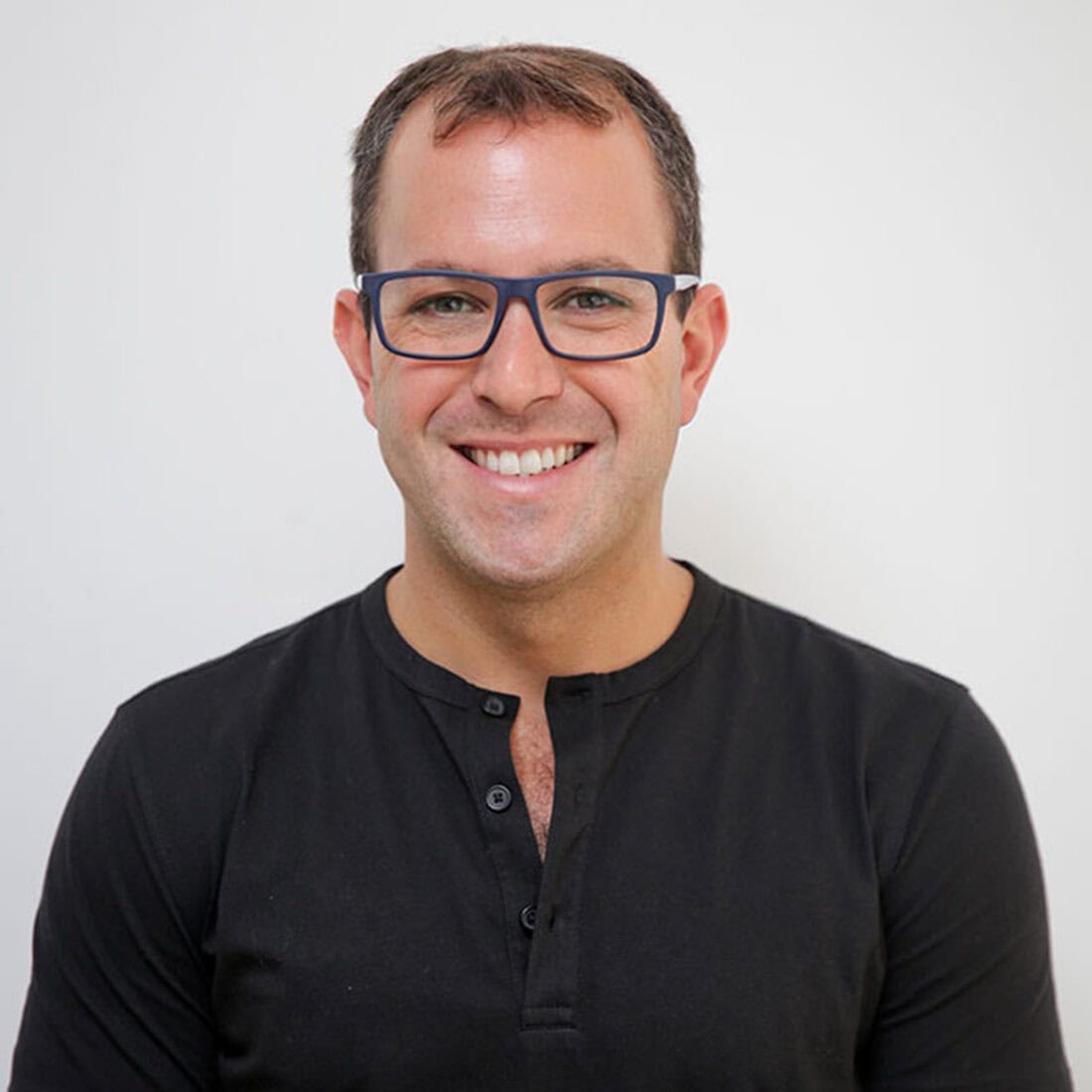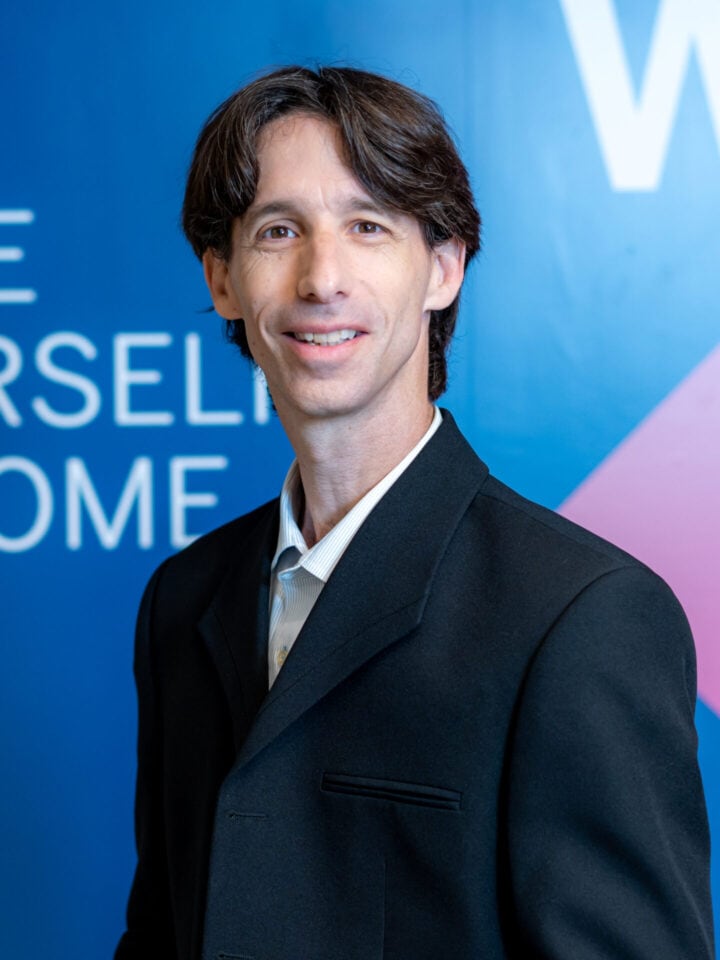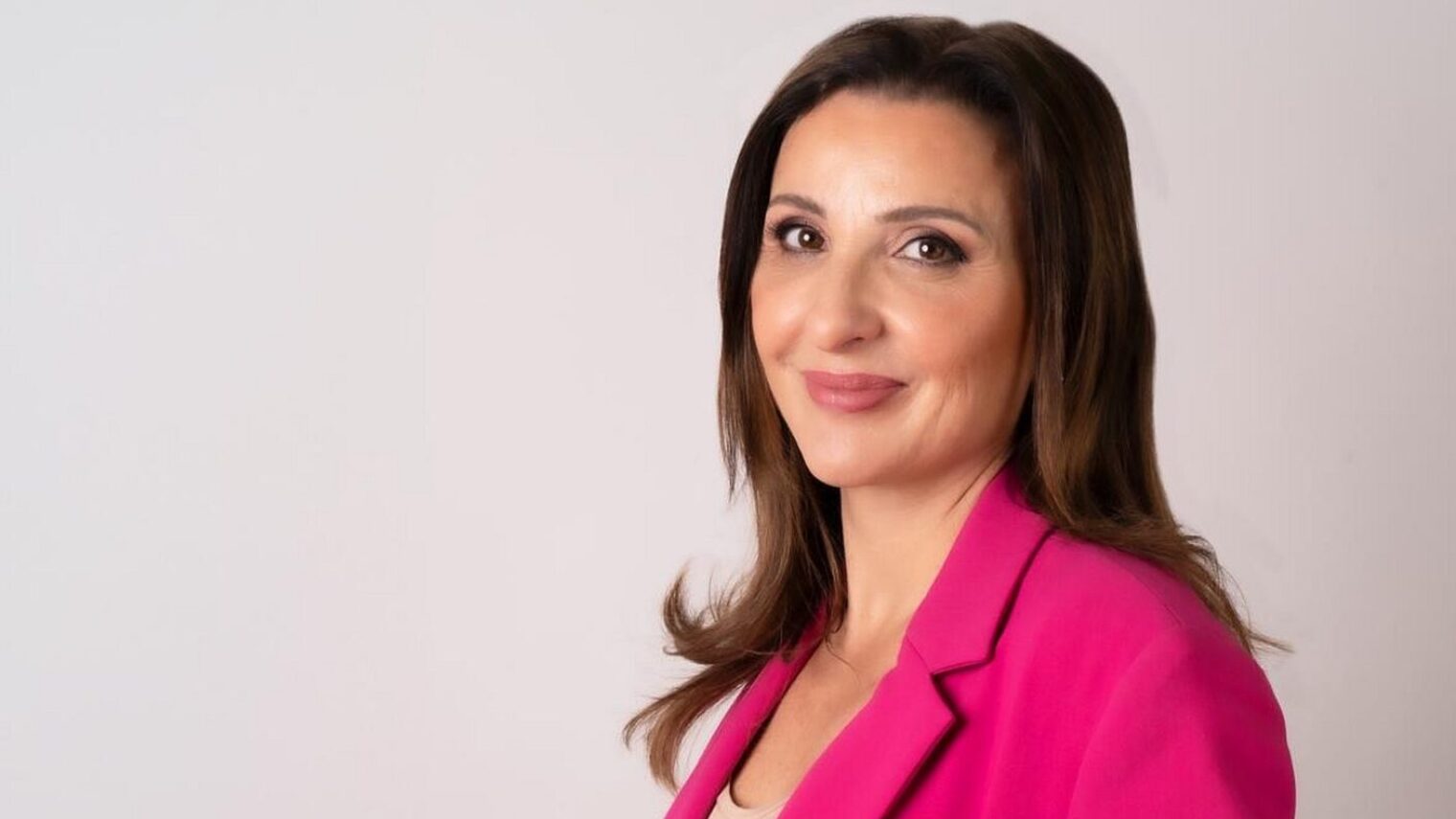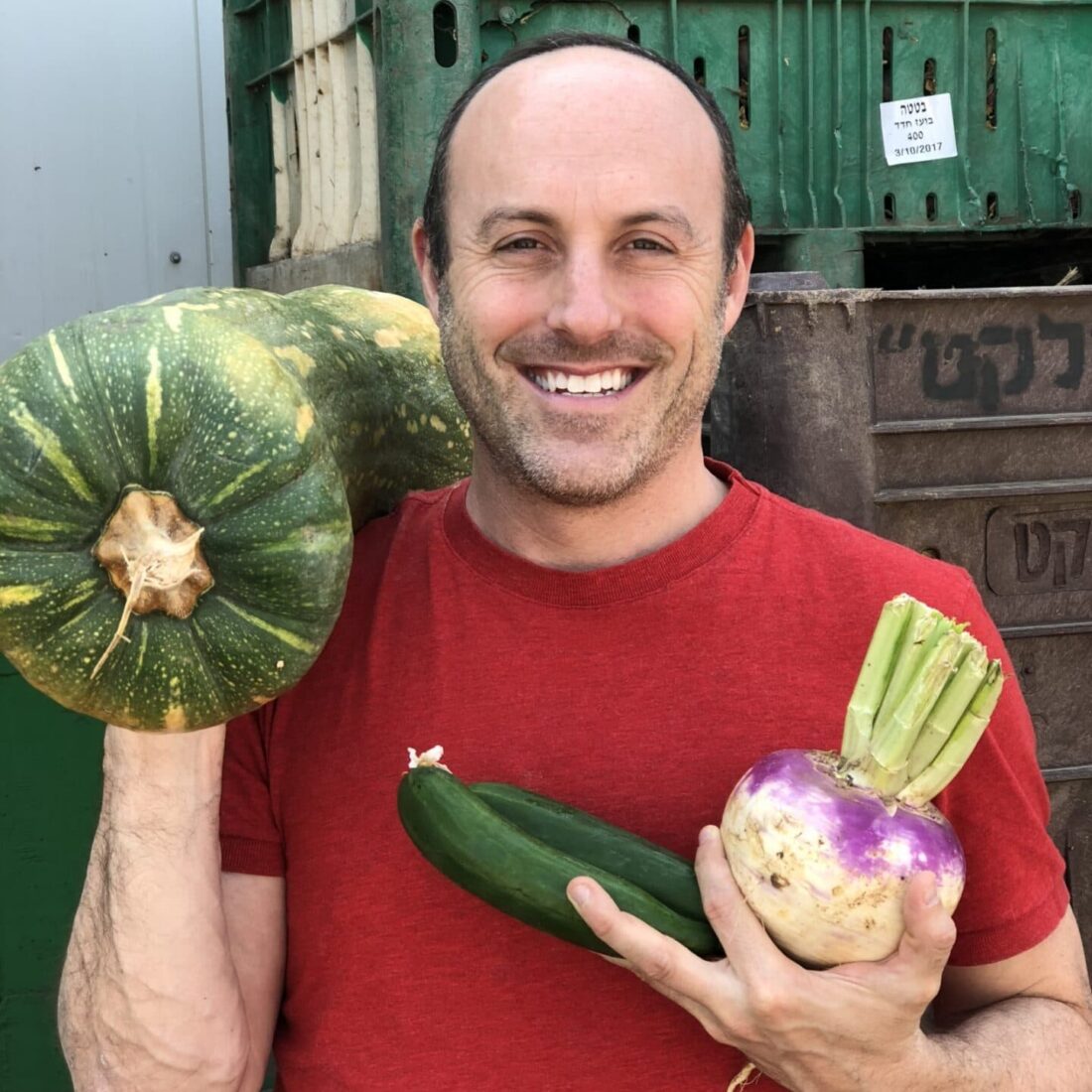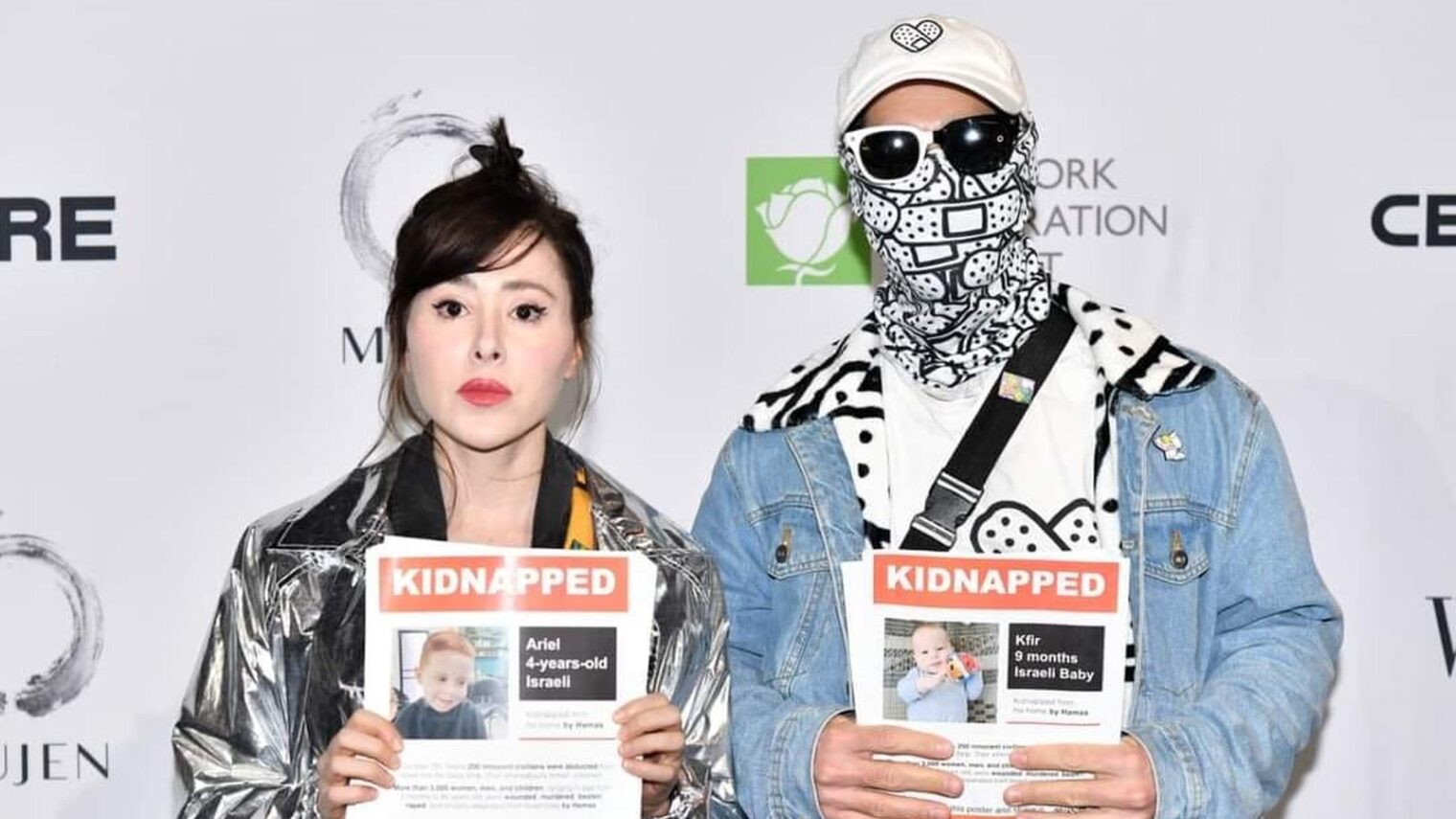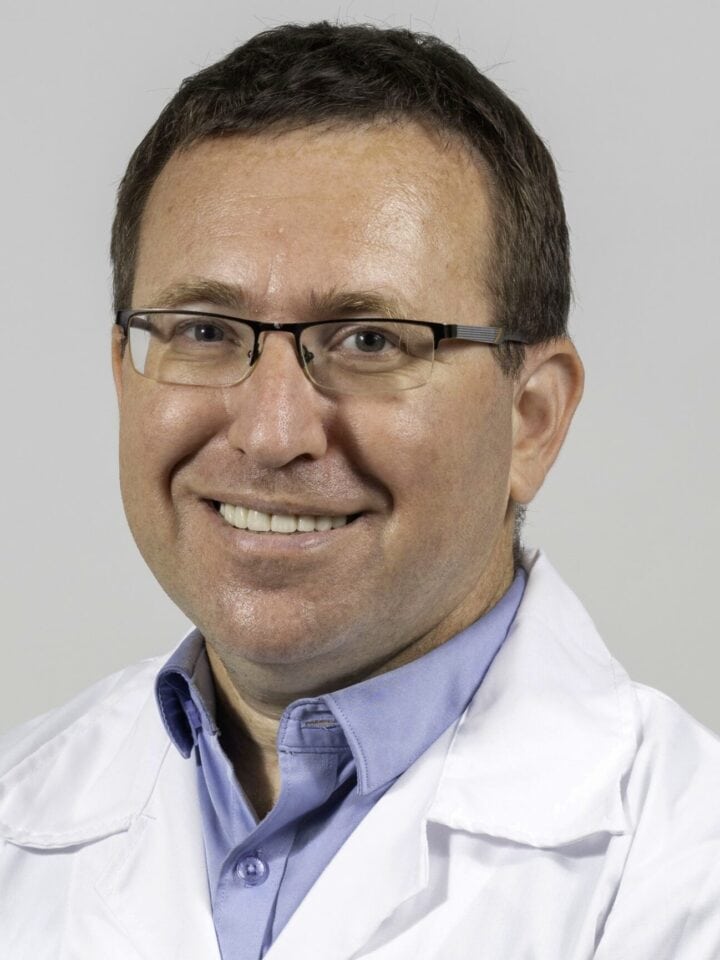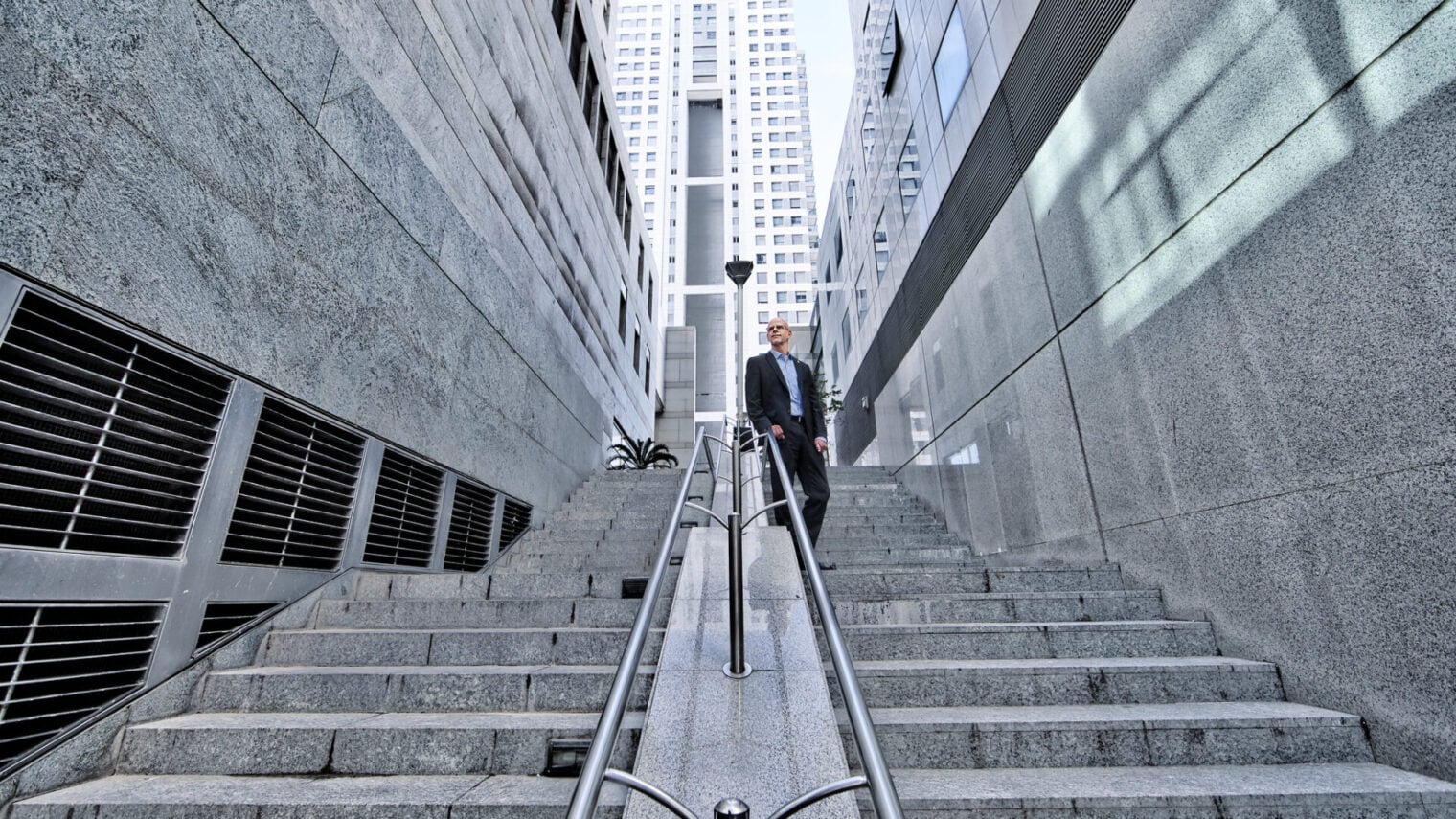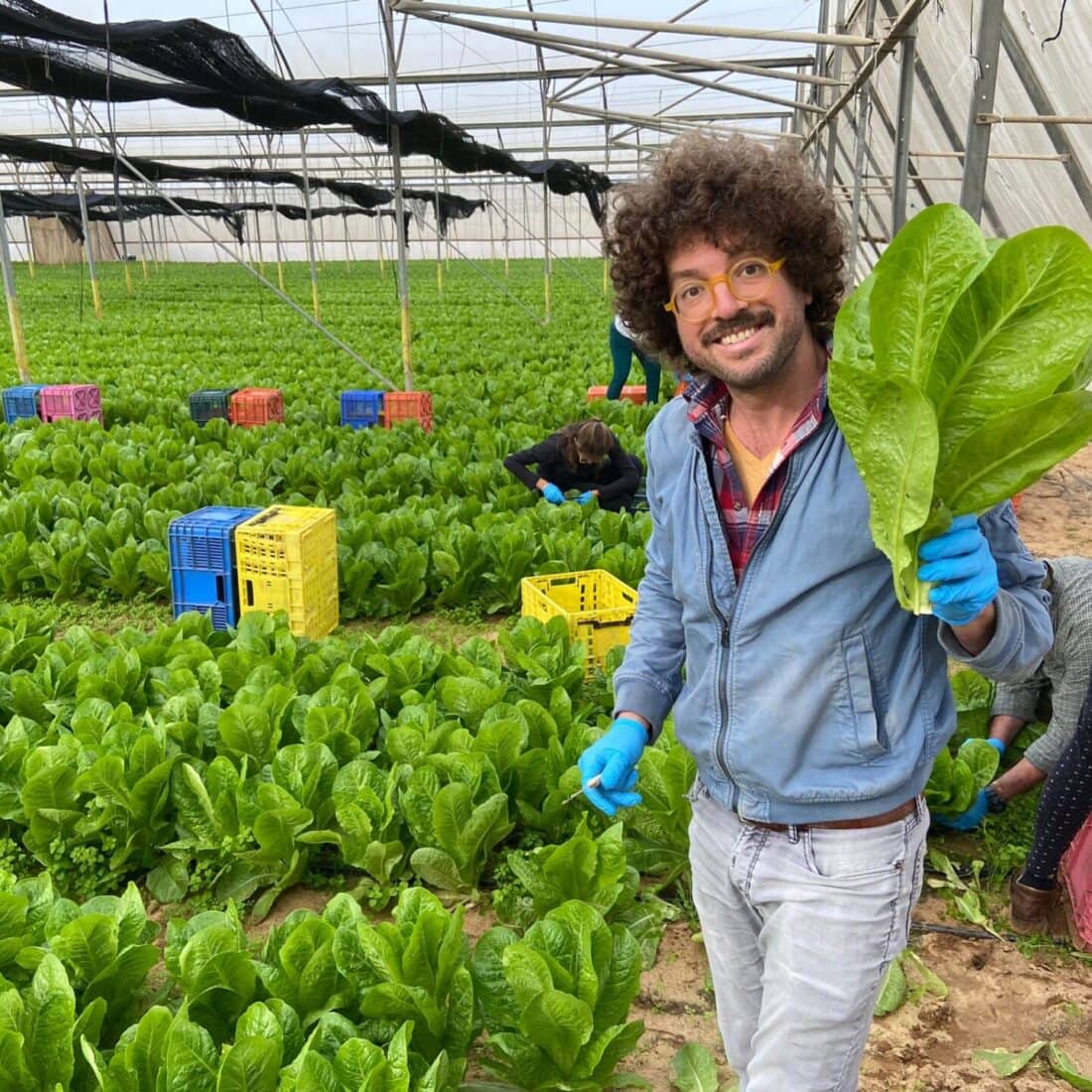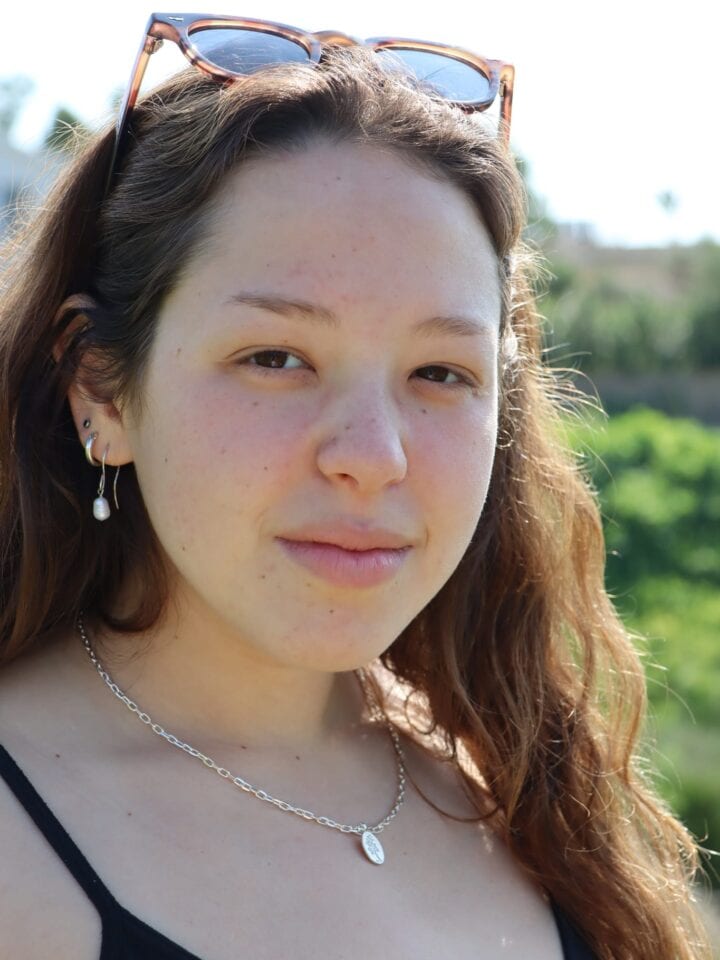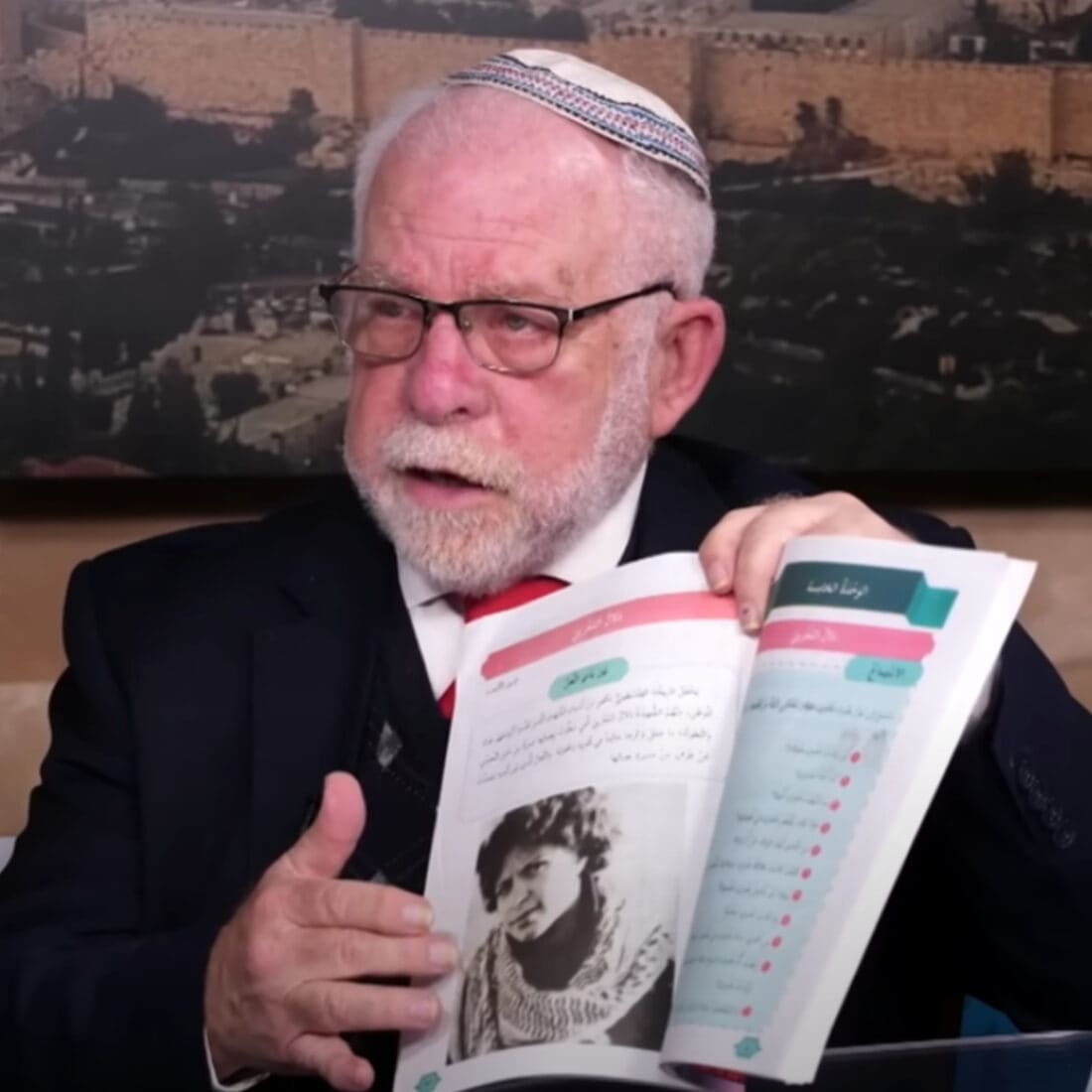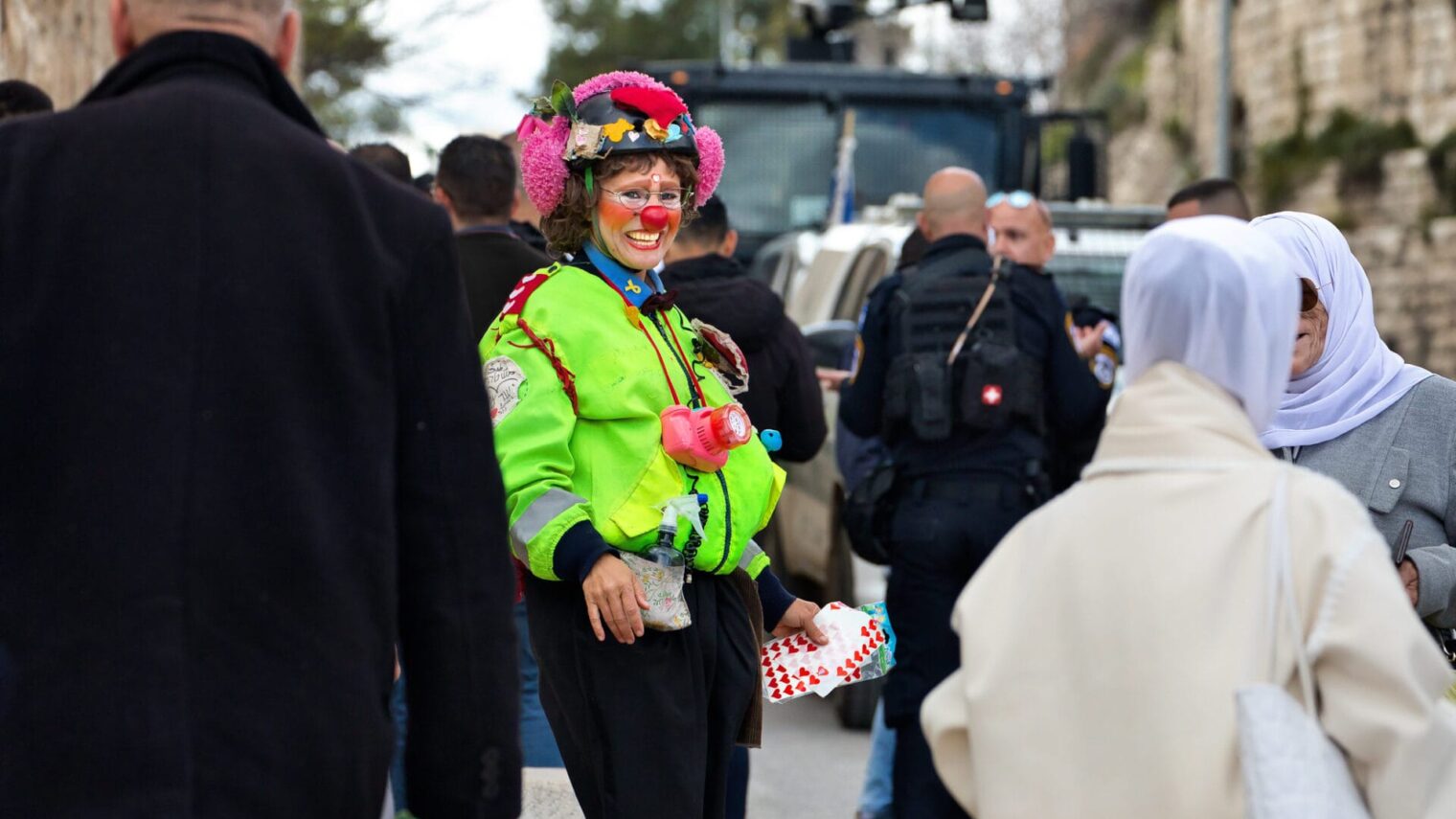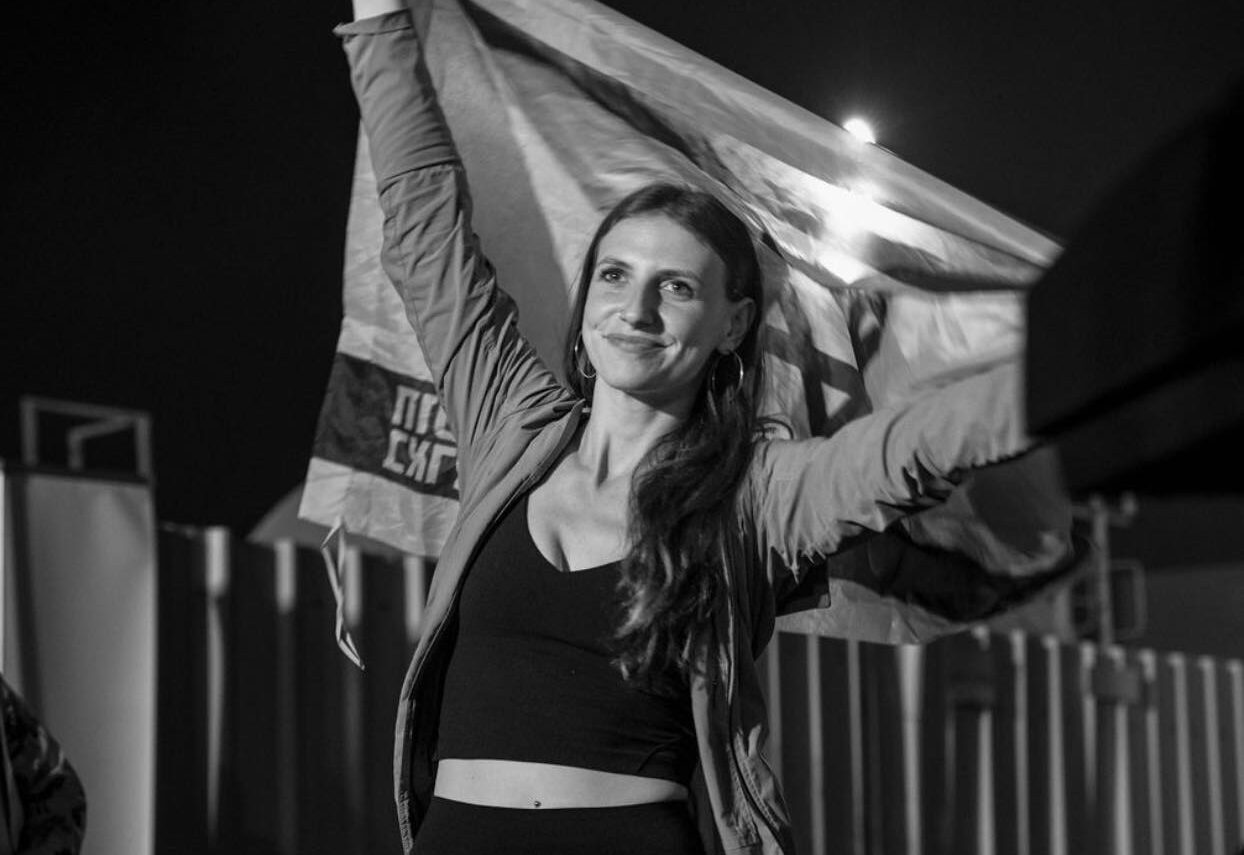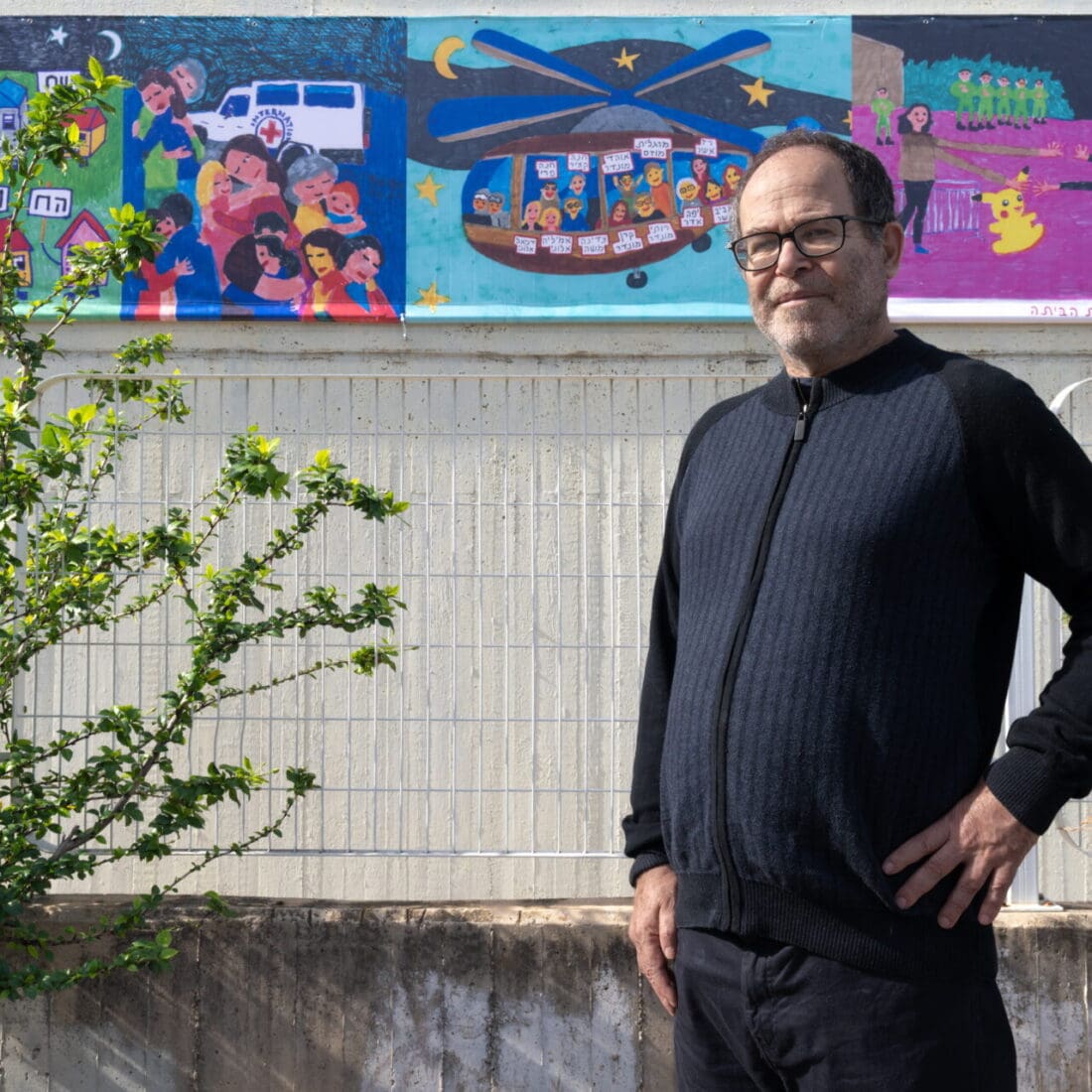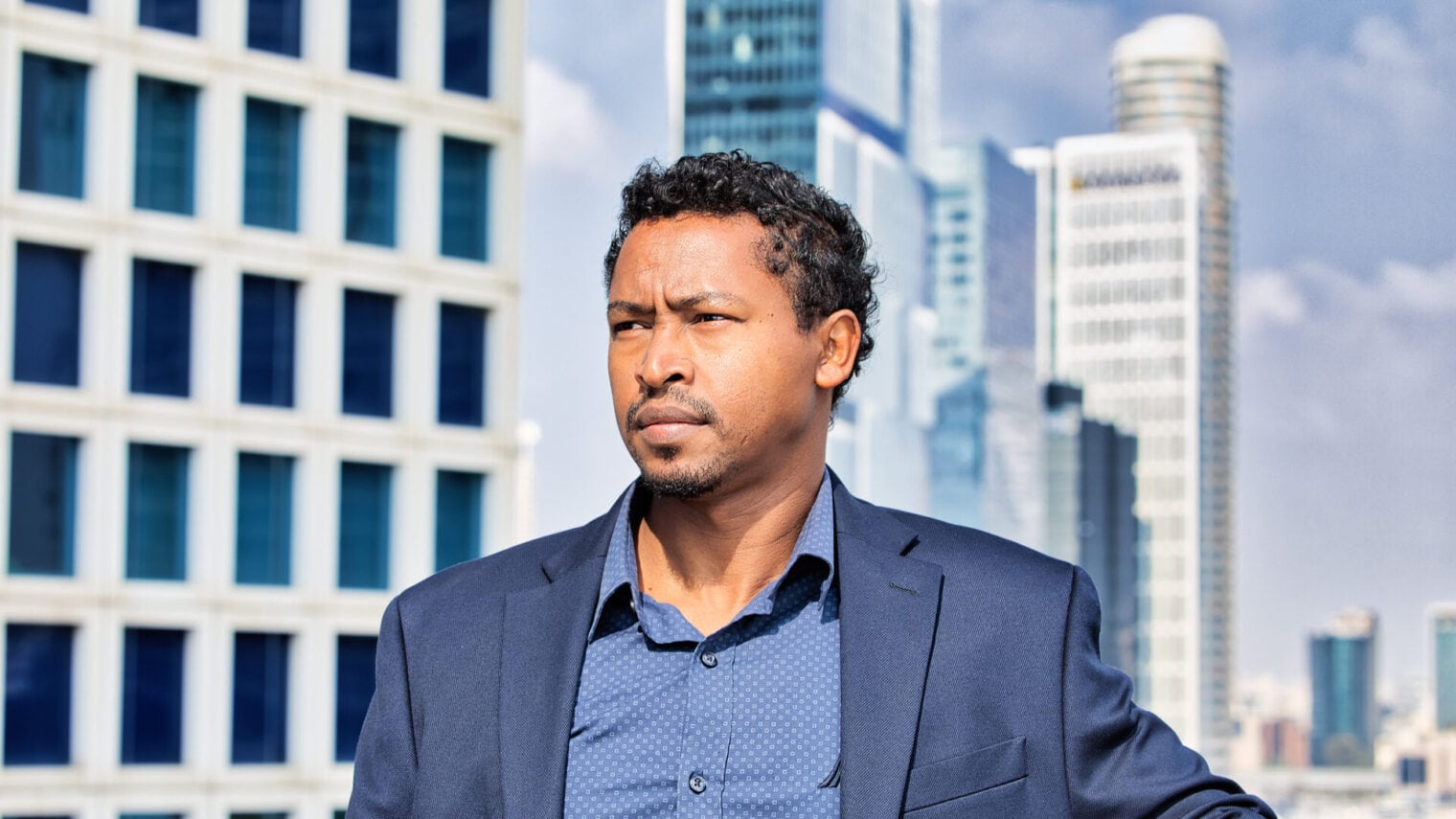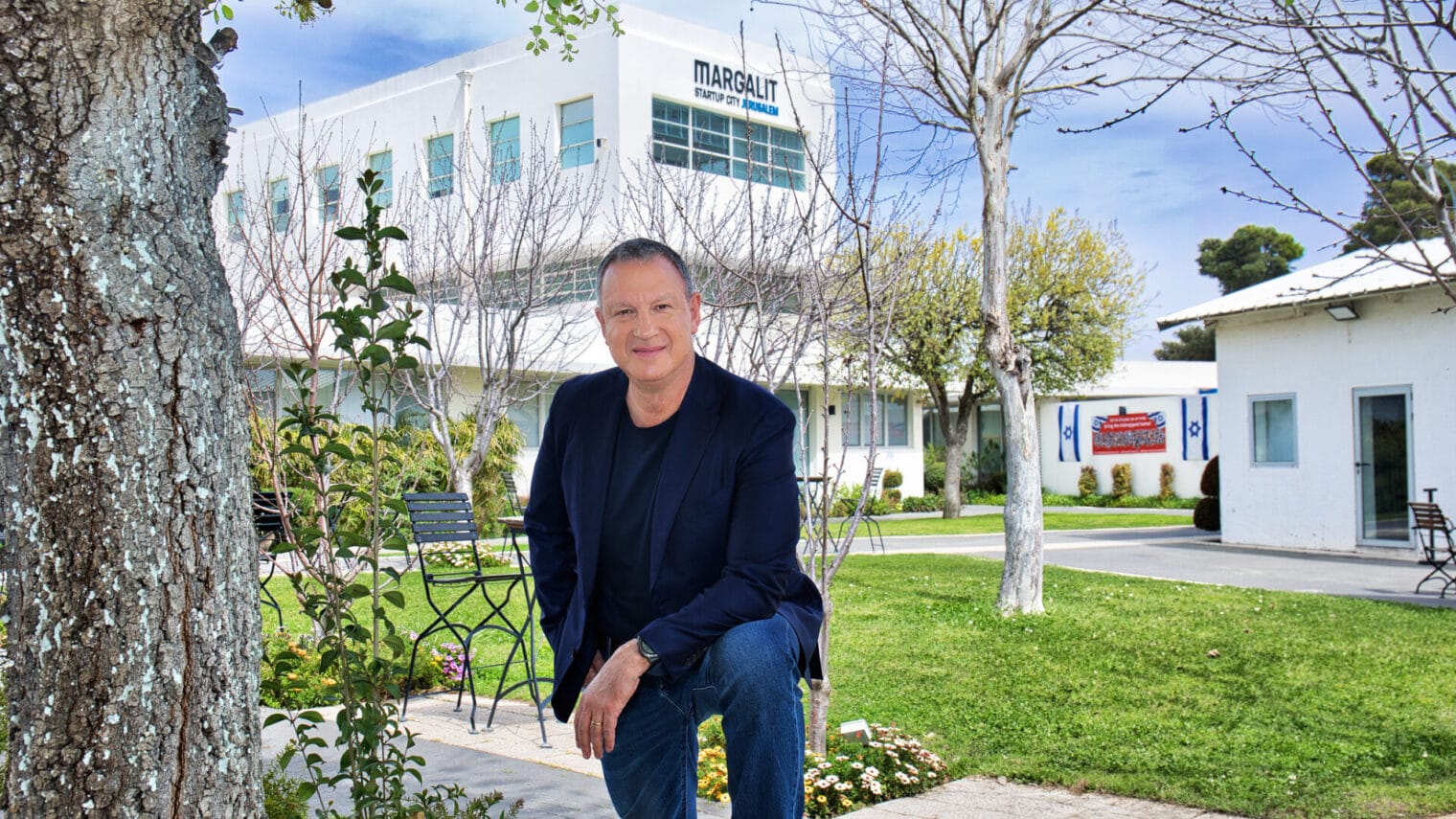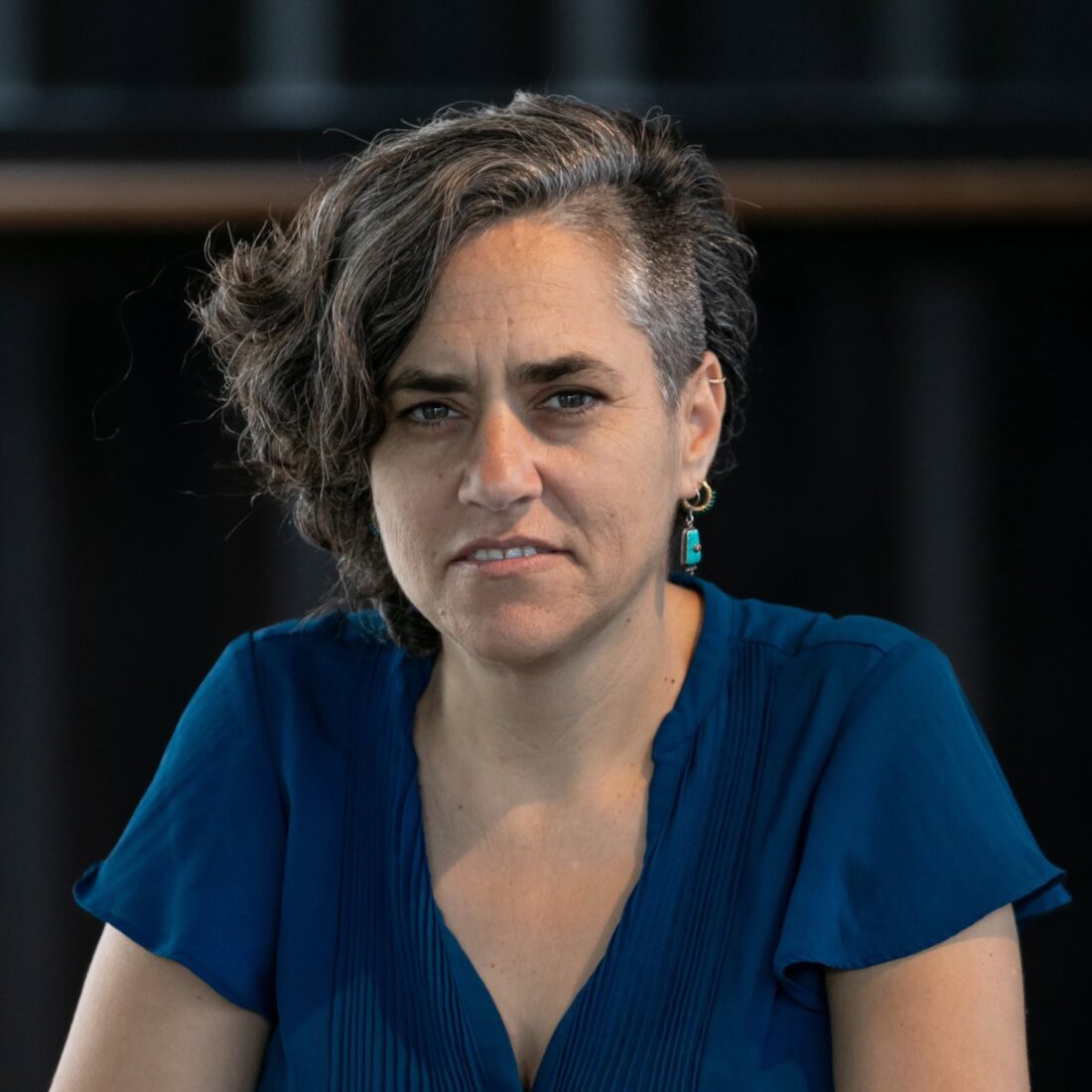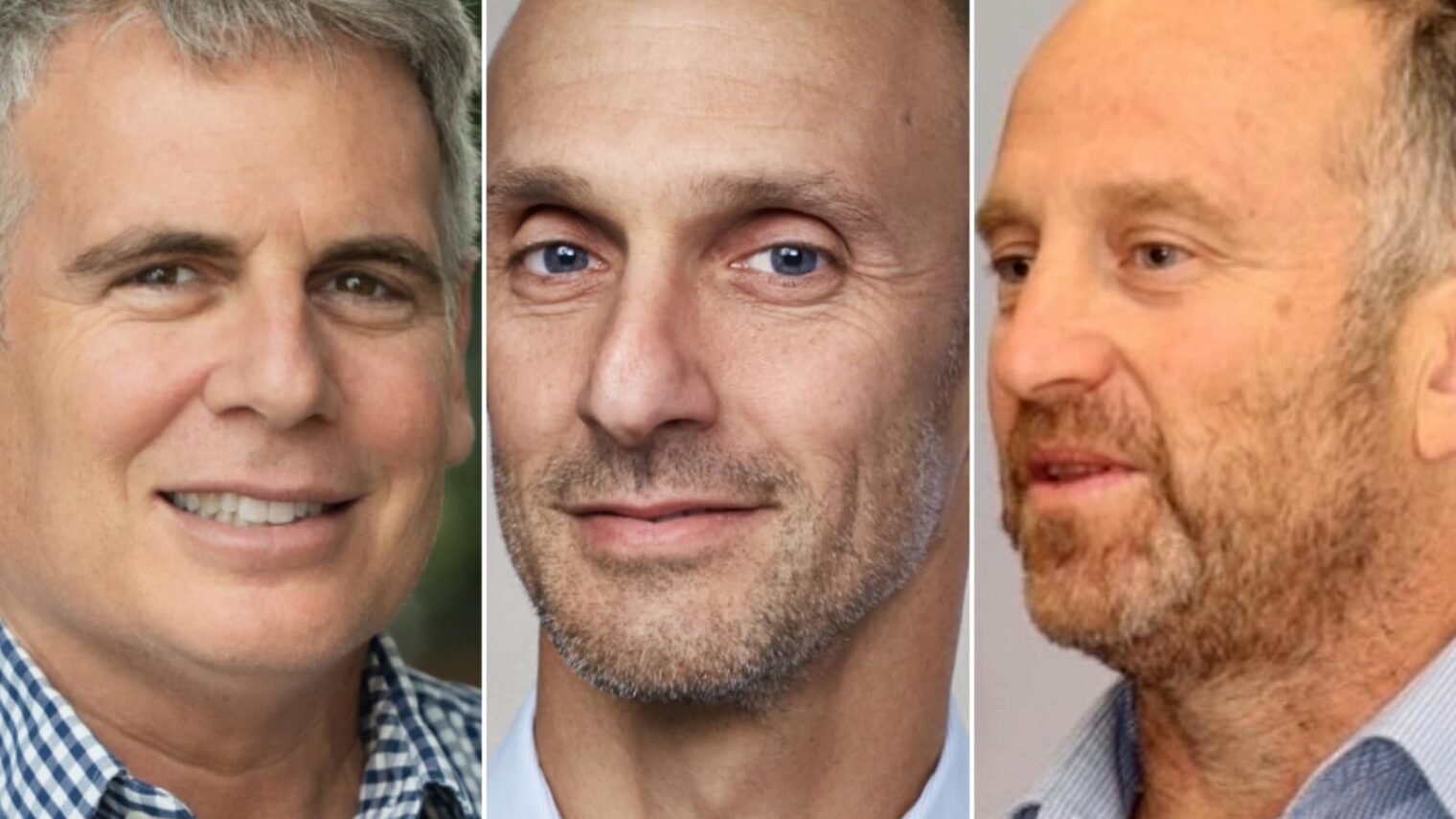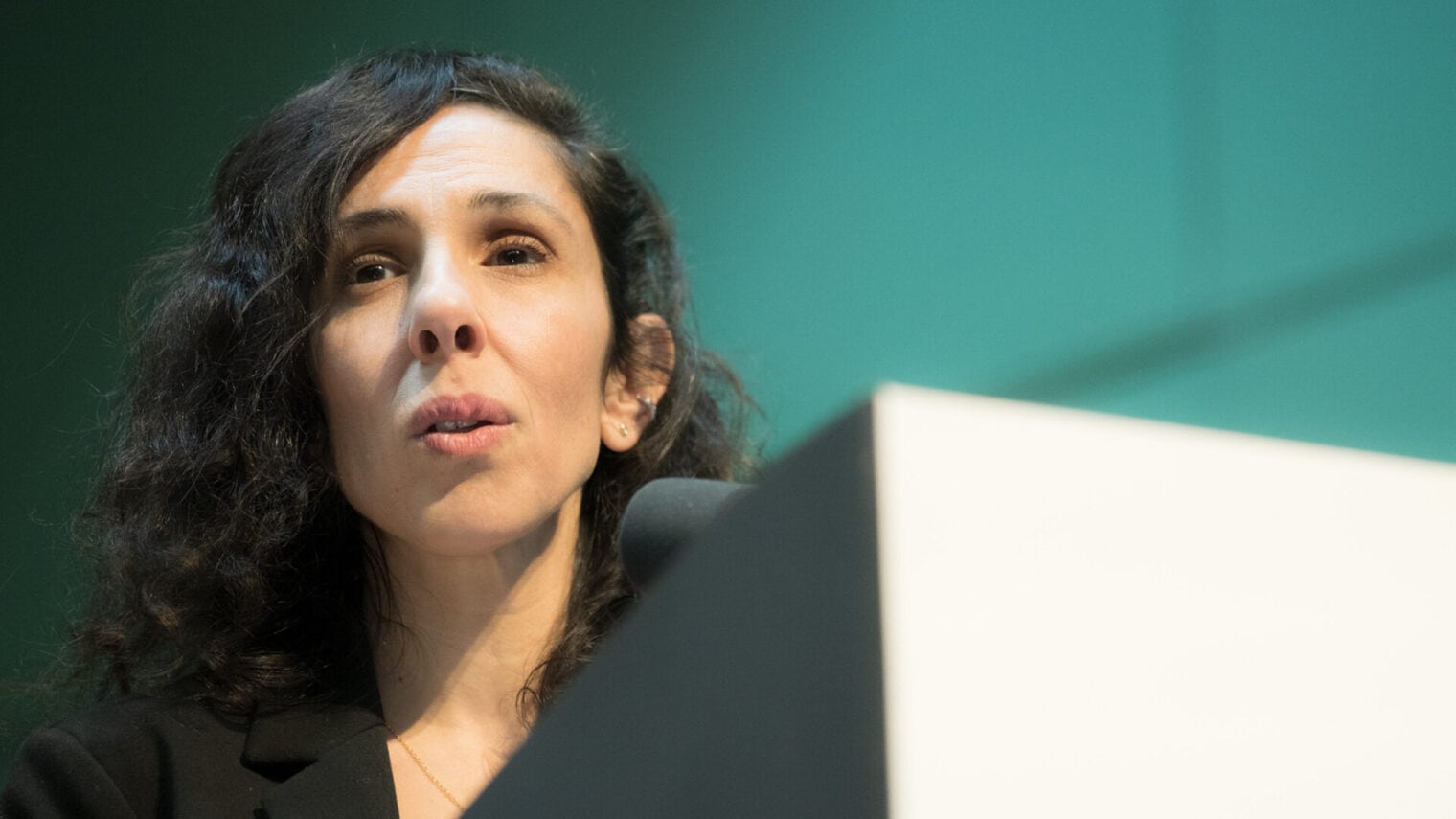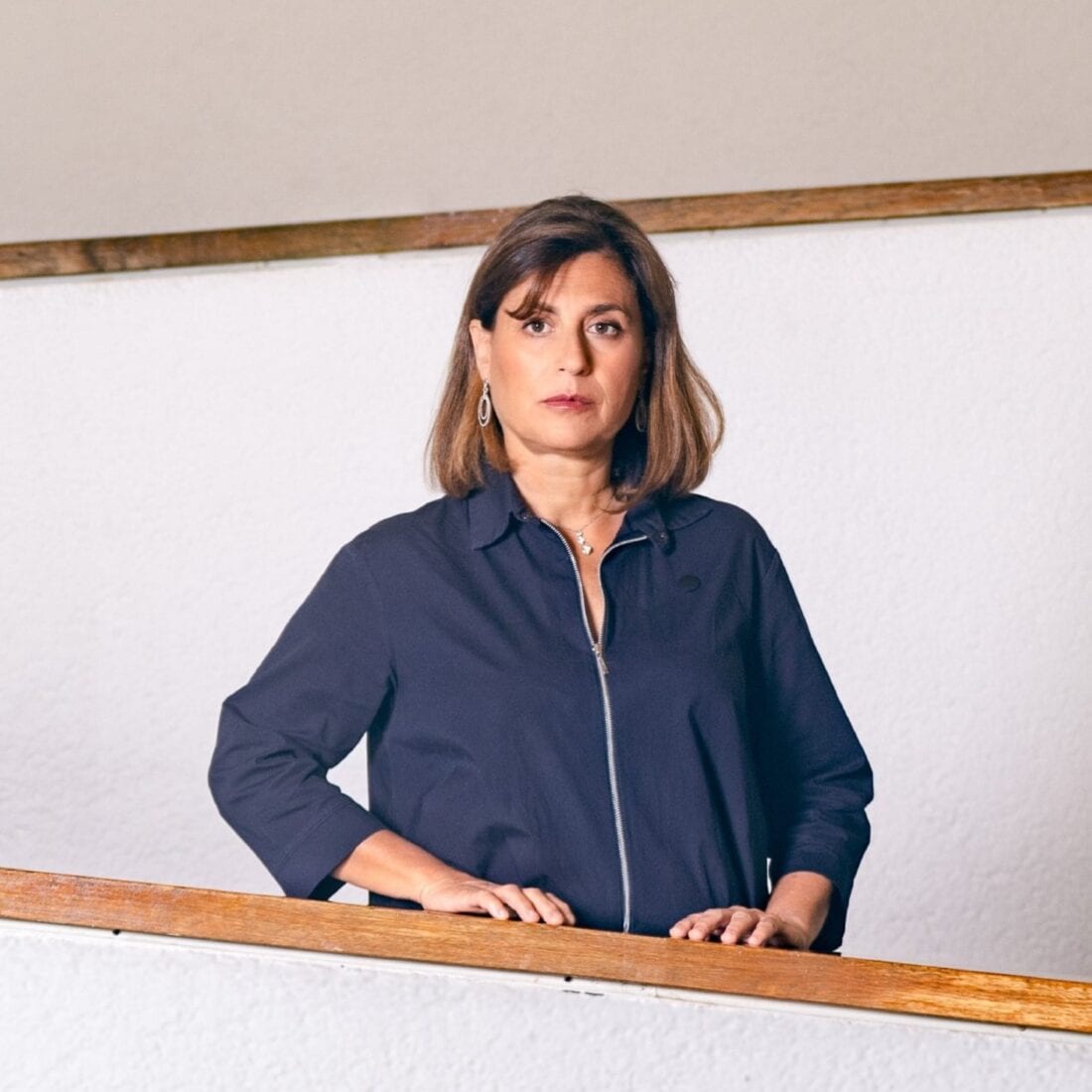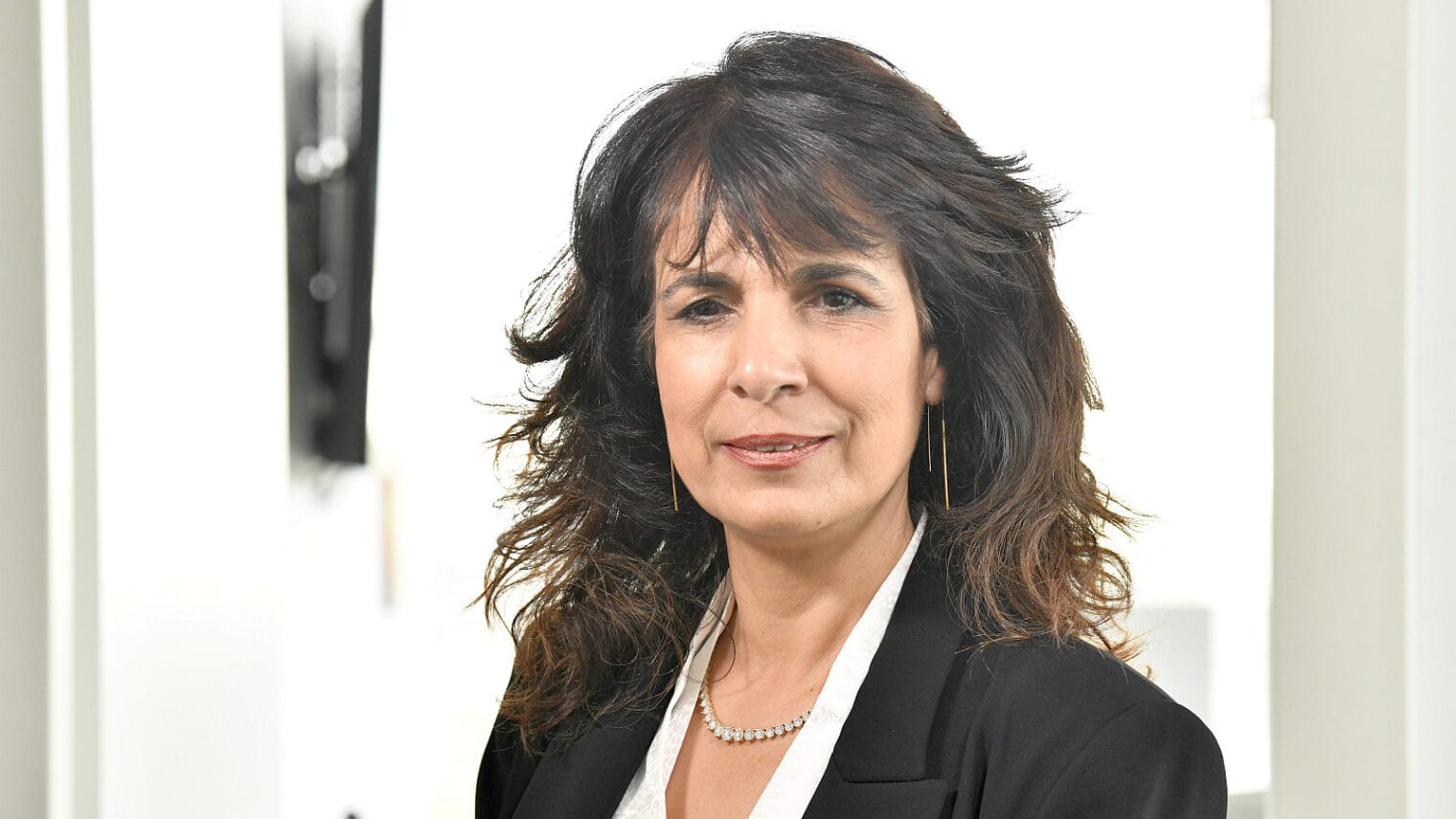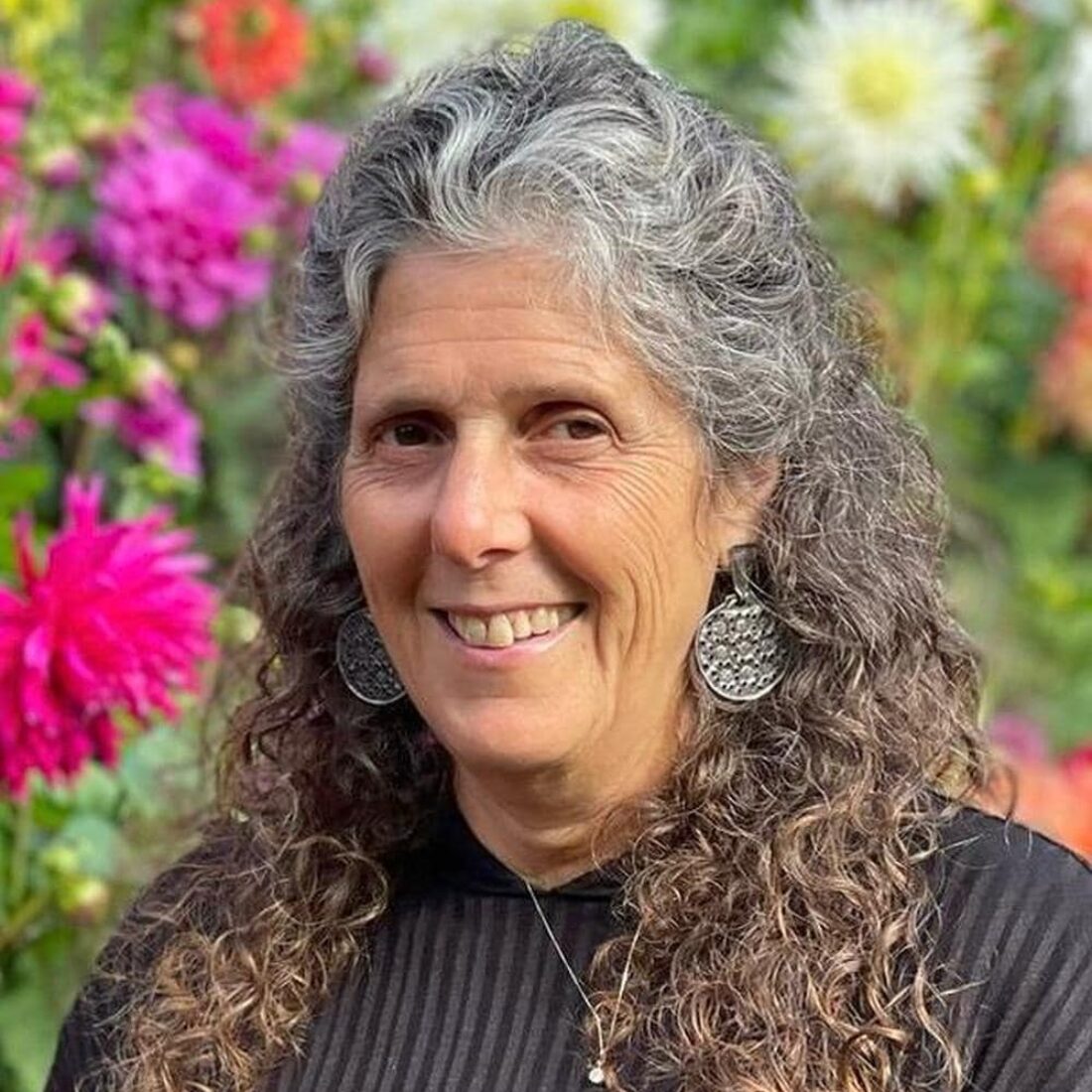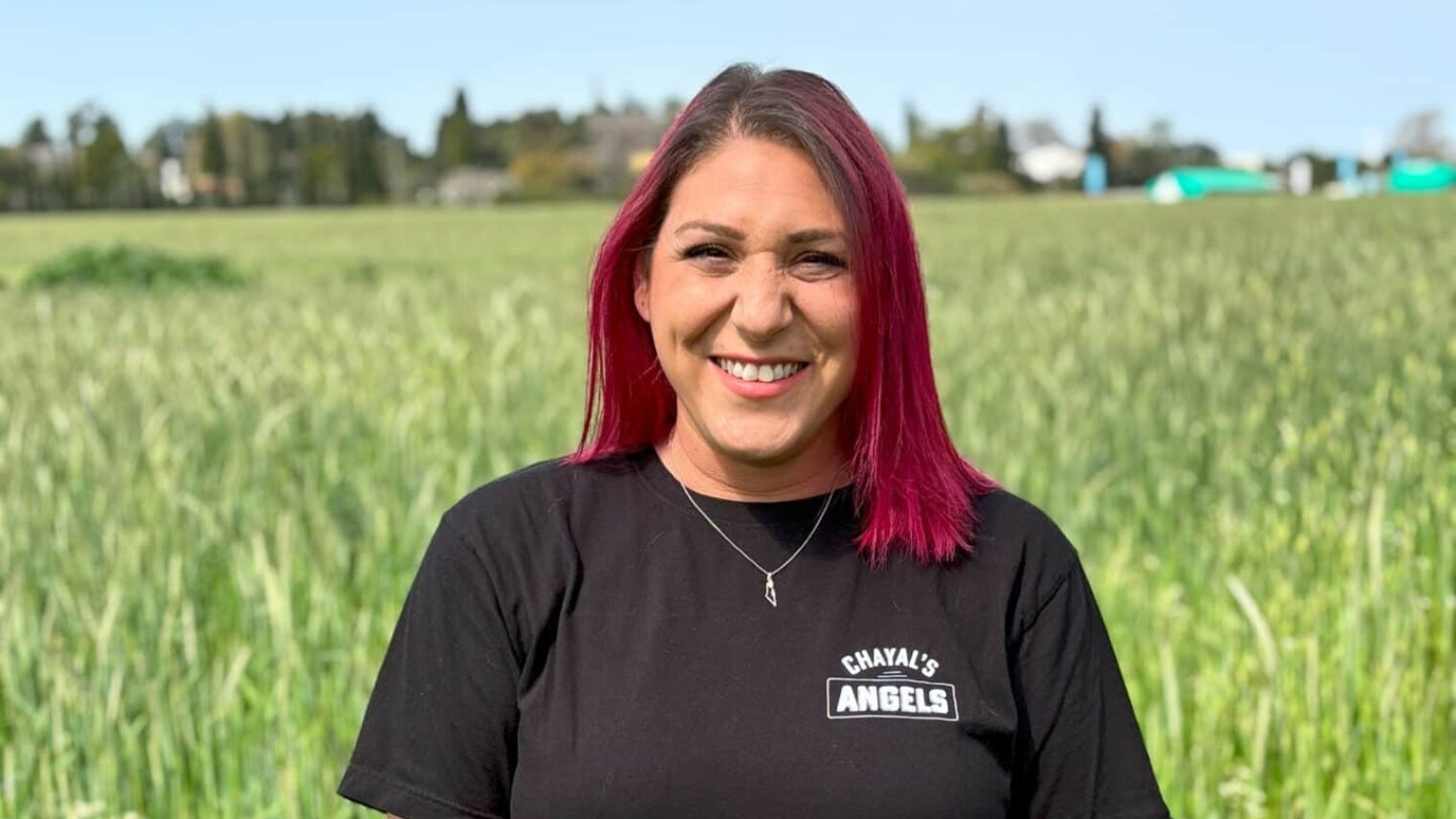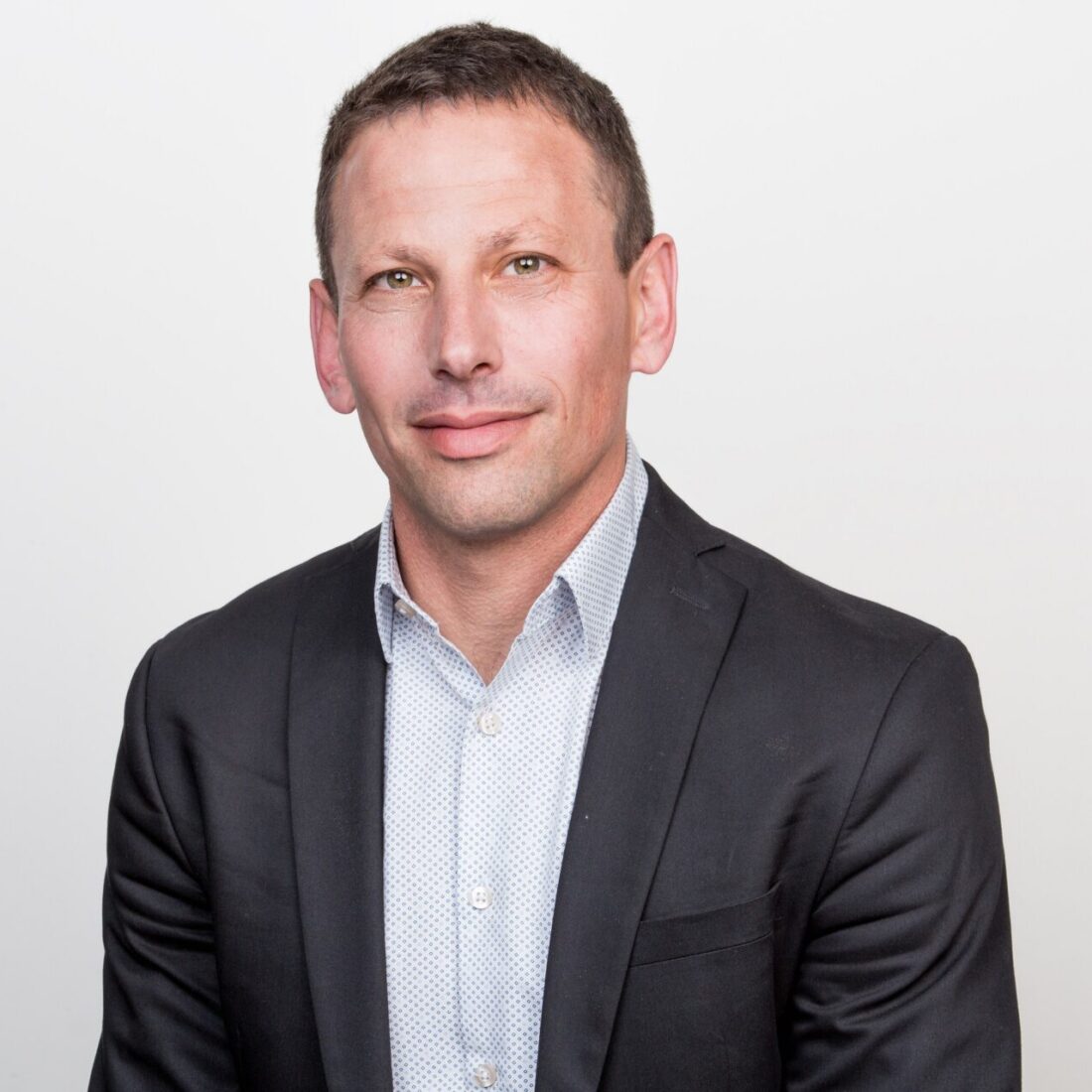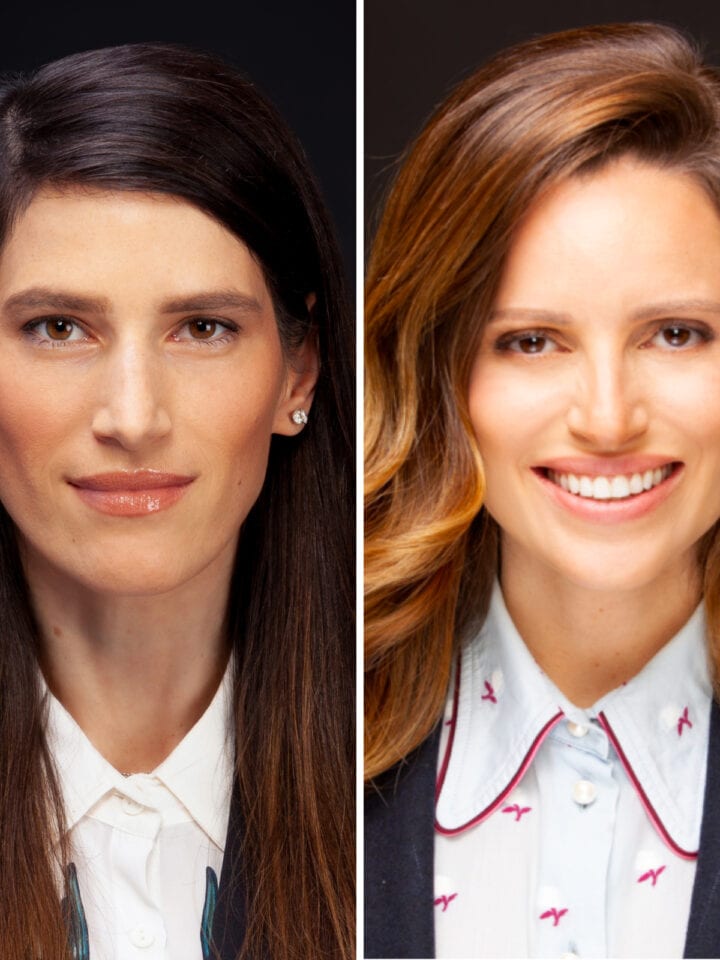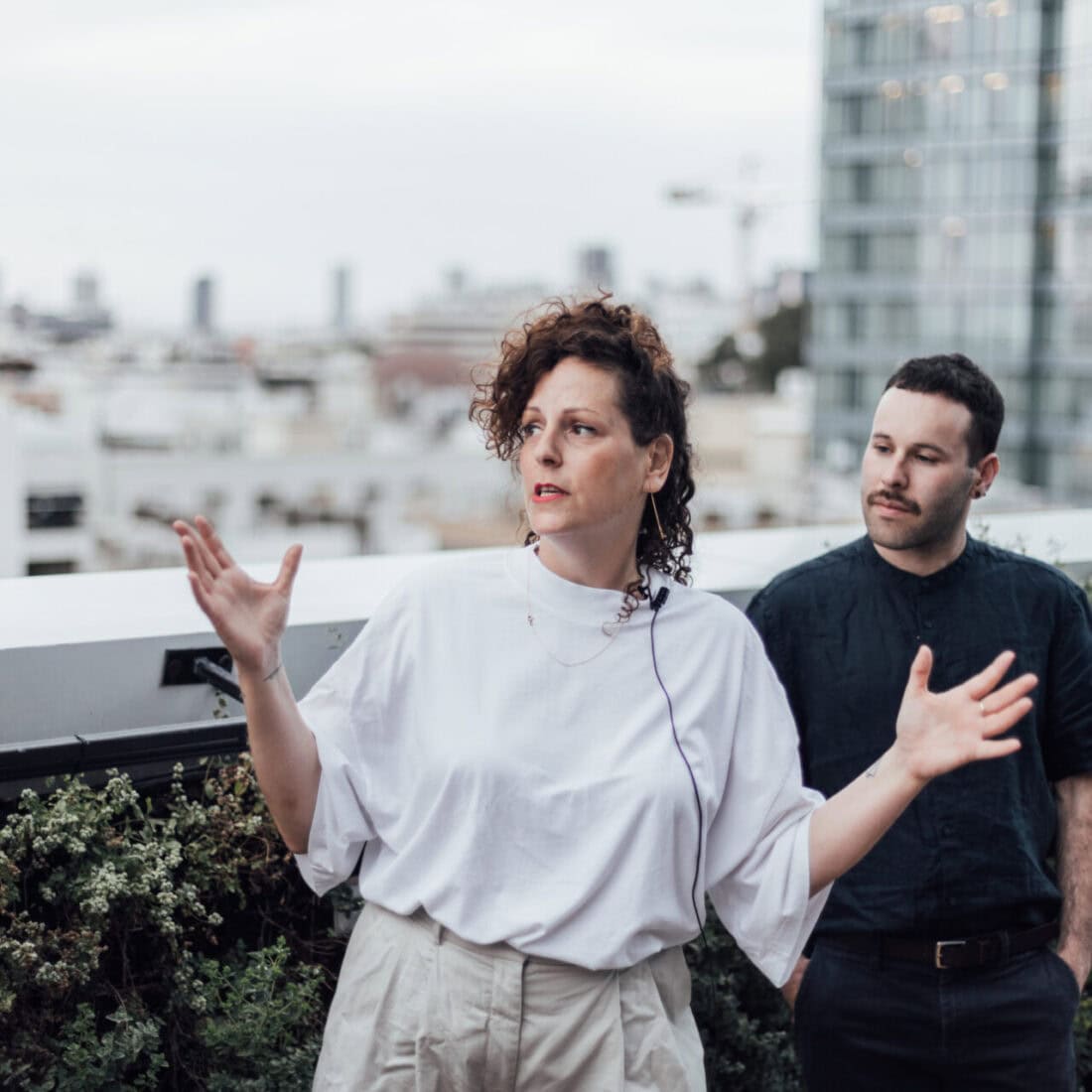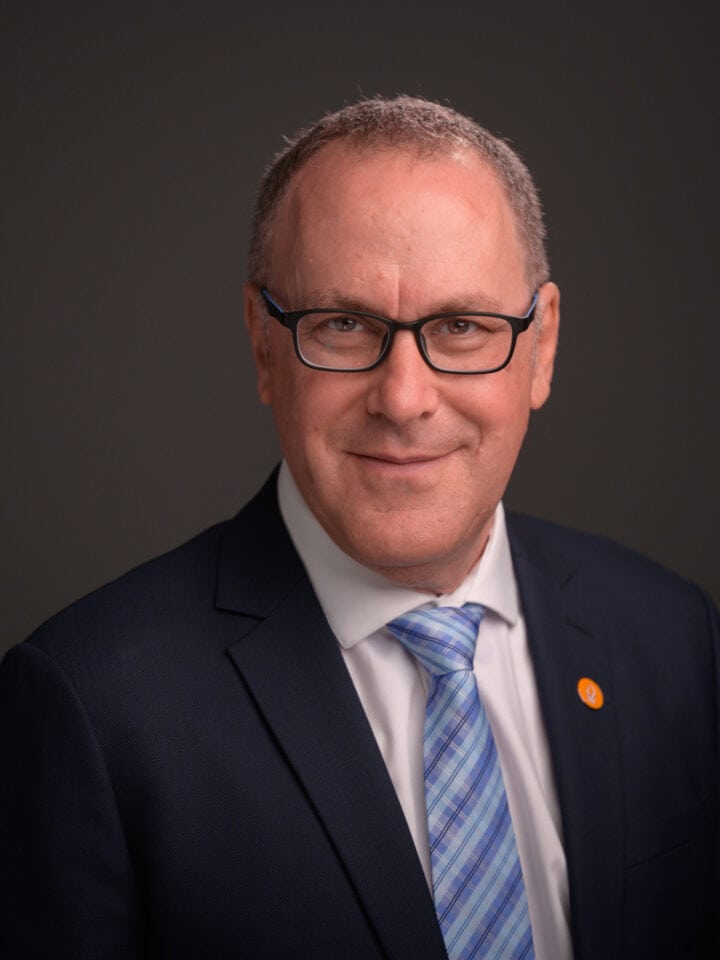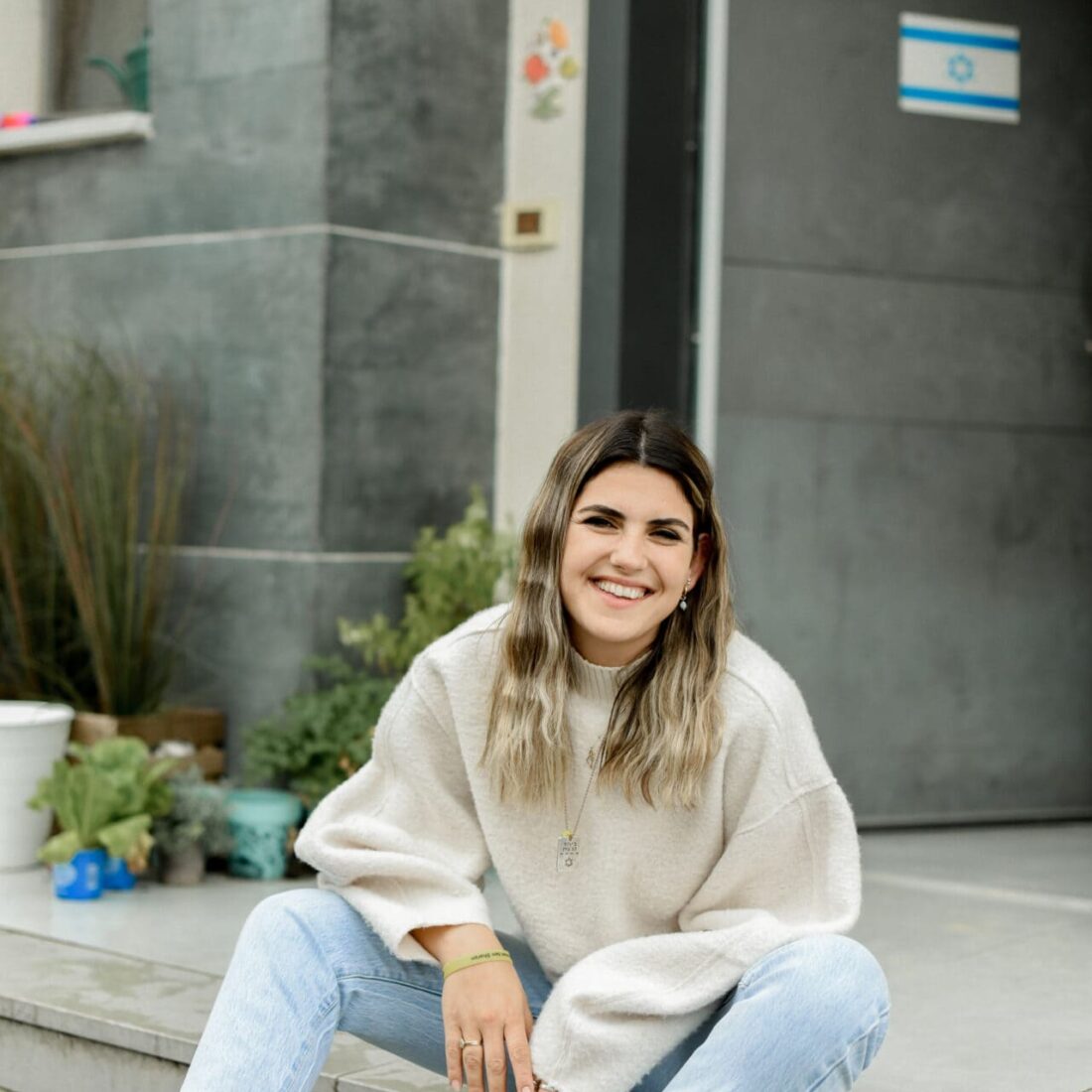I was born and raised in Israel. My husband, Joel, is an award-winning author and comedian from Chicago. We have four children and live in Ra’anana. I’m an abstract artist and spiritual mentor; I also teach Middle Eastern cooking.
Whether it’s backpacking around the world for a year with my husband and kids or pursuing a series of careers all focused on helping people, I have always been driven by passion.
On October 7th, I awoke to an air-raid siren, home alone with the kids because my husband was in the US on a book tour. I was in complete shock. As I discovered that I personally knew people who had been killed and taken hostage, I didn’t know what to do with myself. After 48 hours of complete paralysis, I decided I needed to take action.
I find motivation and inspiration in three places. First, the displaced families I directly helped through meals and school supplies that my volunteers and I provided. Second, the soldiers who regularly stop by my apartment to pick up equipment and supplies, sit at my table and, over coffee, share their stories, fears and hopes for the future.
“Resilience ultimately means keeping a positive outlook and trudging forward.”
Finally, I am motivated by the incredible people I have met along the way, from all streams of Israeli society: bakery owners who’ve donated hundreds of thousands of pastries for our soldiers; high-tech entrepreneurs who use their organizational skills to help me get military equipment from the US; and ultra-Orthodox volunteers, teenagers, and others whom I might not meet under ordinary circumstances.
I know I’ve made an impact because soldiers send me photos and texts thanking me for the equipment, supplies and food I’ve sent with the help of my volunteers. They know that someone has their back — that they are not alone.
The greatest challenge so far has been the emotional one: when visiting rehabilitation centers and seeing those who’ve been wounded on October 7th and since. I’ve been in hospitals when helicopters arrived carrying the bodies of soldiers recently killed in Gaza. Absorbing this kind of emotional shock has been incredibly difficult, but also reminds me why my work is vital.
I’m attempting to do what I can to bring light to this period of darkness, by working with everyone I can, no matter their background, and by helping as many I can, even if it’s just one family or one small army unit at a time. The personal connection is what matters most and is what, ultimately, will move all of us forward.
“October 7th was a monumental day in Israel’s history, but so was October 8th: That’s the day Israelis put aside our differences and united in a massive effort to carry this beautiful country forward.”
We lost our sense of safety and security on October 7th. We all, as a community, need to build back collective trust. We do this by rebuilding our communities together, by being good to each other and not being dragged into attitudes of division as we were pre-October 7th.
We need to focus on helping others and not falling into our own dark spaces. Resilience ultimately means keeping a positive outlook and trudging forward, not necessarily because you feel optimistic, happy and strong but because you believe you and those you love eventually will.
Personal acts of kindness are, for me, the bedrock of resilience. As the sage Hillel said: “If I am only for myself, who am I?”
I wish I could say that my hope, at this moment, is for peace in the region. The truth is, I don’t believe peace is near. I’m skeptical. But I do hope that the Israeli people, Jew and Arab, religious and secular, right and left, will unite as one people.
This is not a pipe dream. October 7th was a monumental day in Israel’s history, but so was October 8th: That’s the day Israelis put aside our differences and united in a massive effort to carry this beautiful country forward.
Whether it was the high tech community developing AI tools to help identify hostages or high schoolers picking fruits and vegetables in the south, we came together. My hope is that this unity will be the vehicle for peace and wellbeing in Israel for years, decades and centuries to come.





